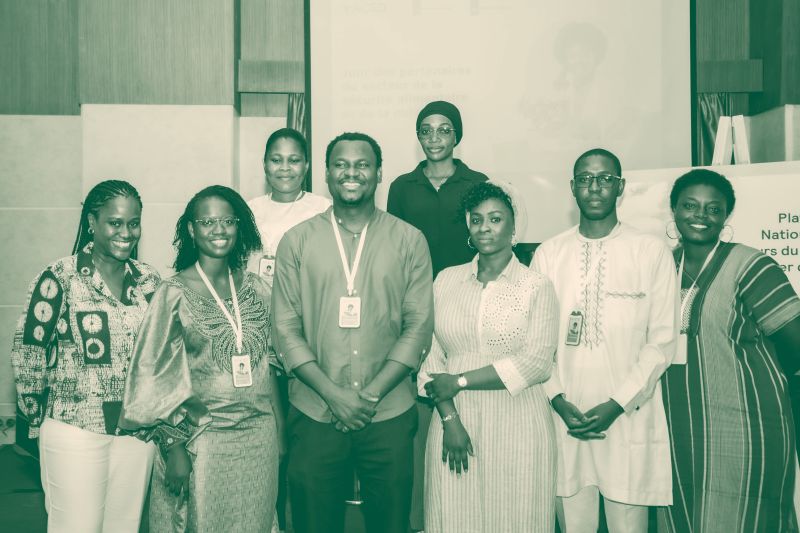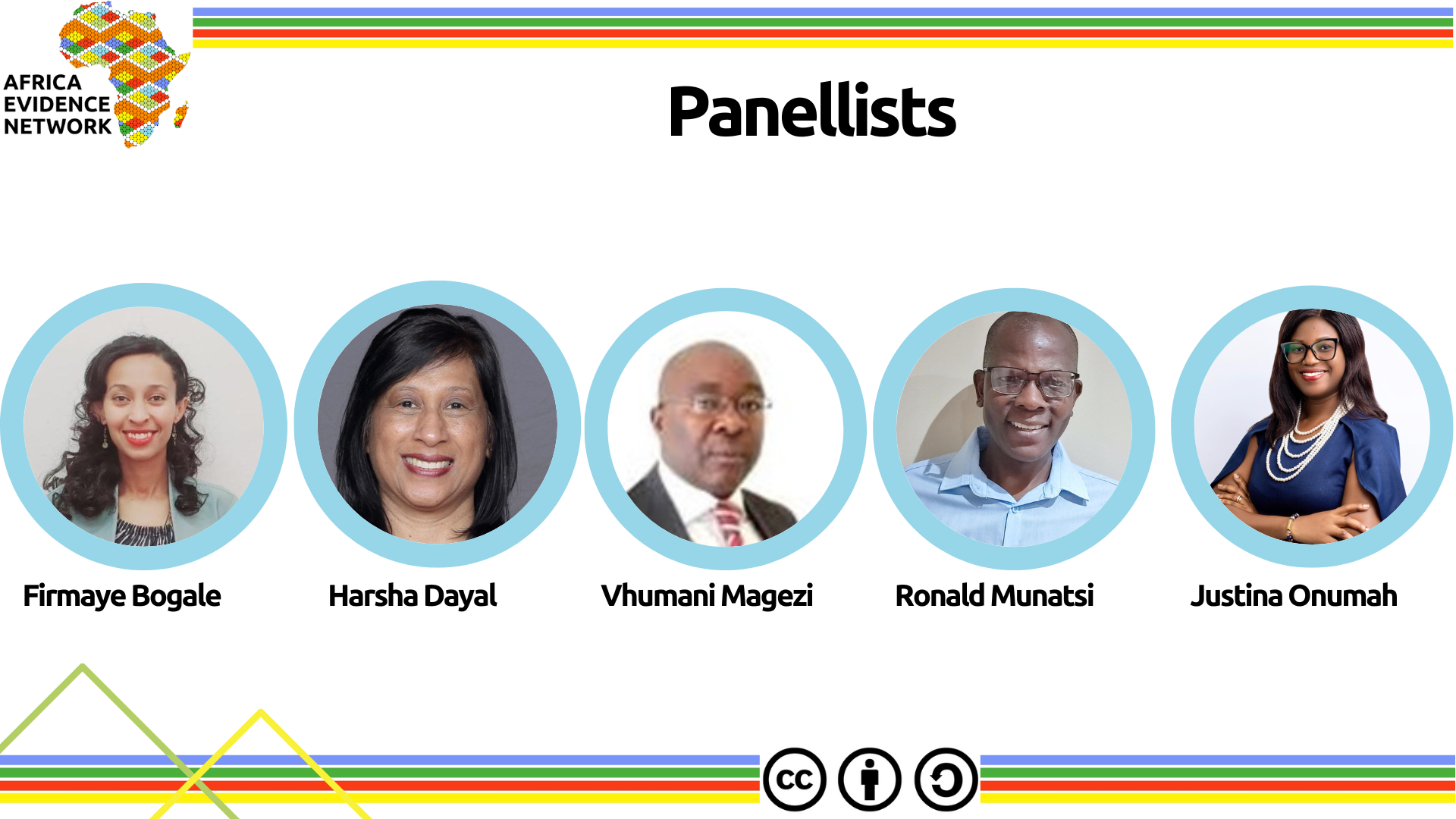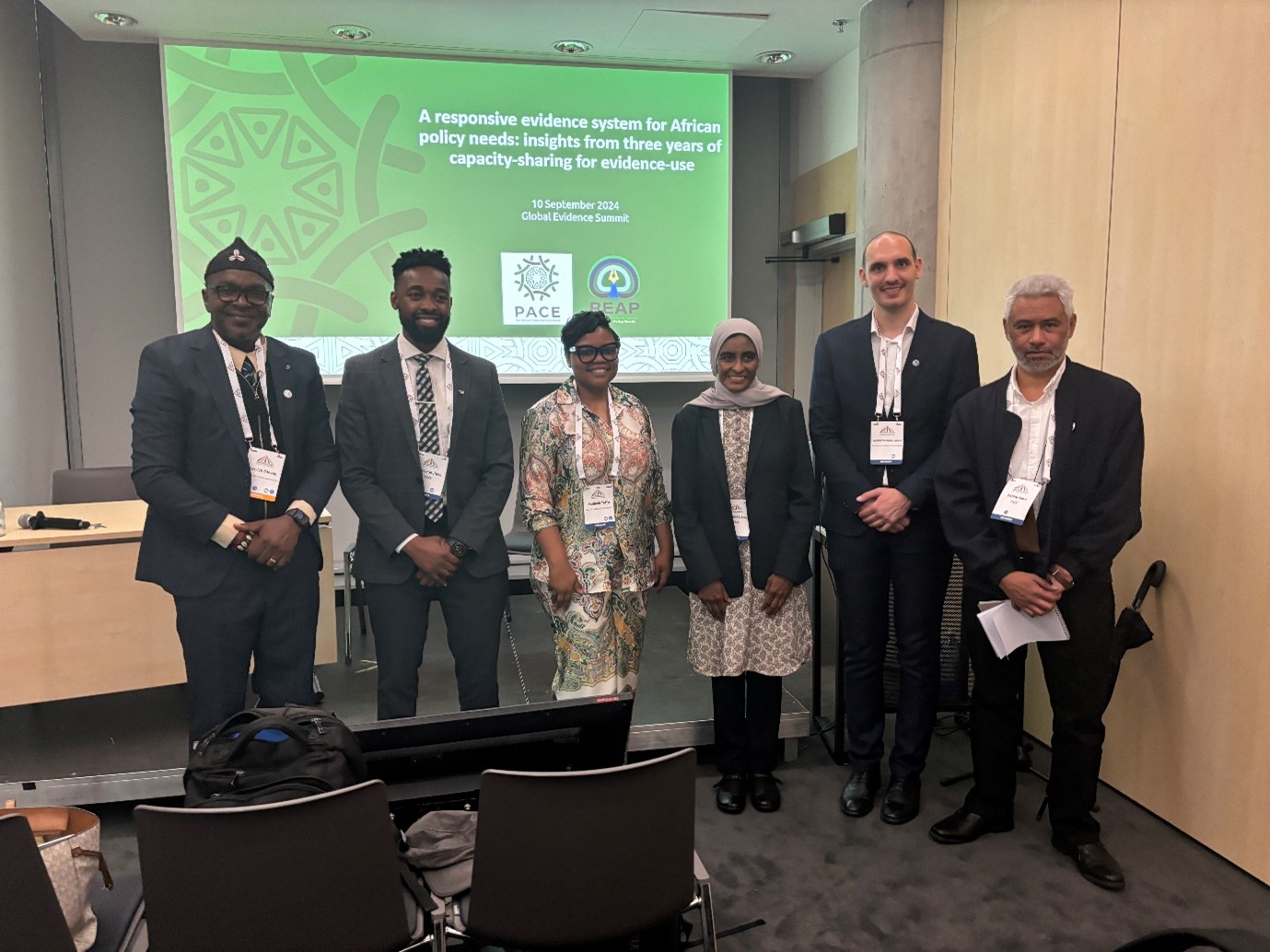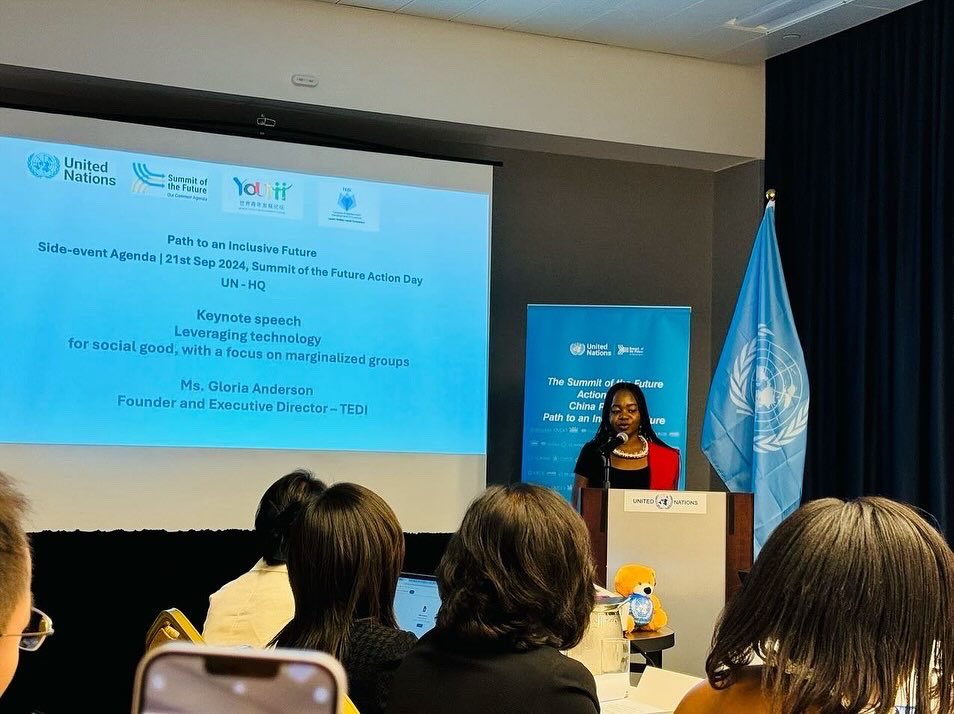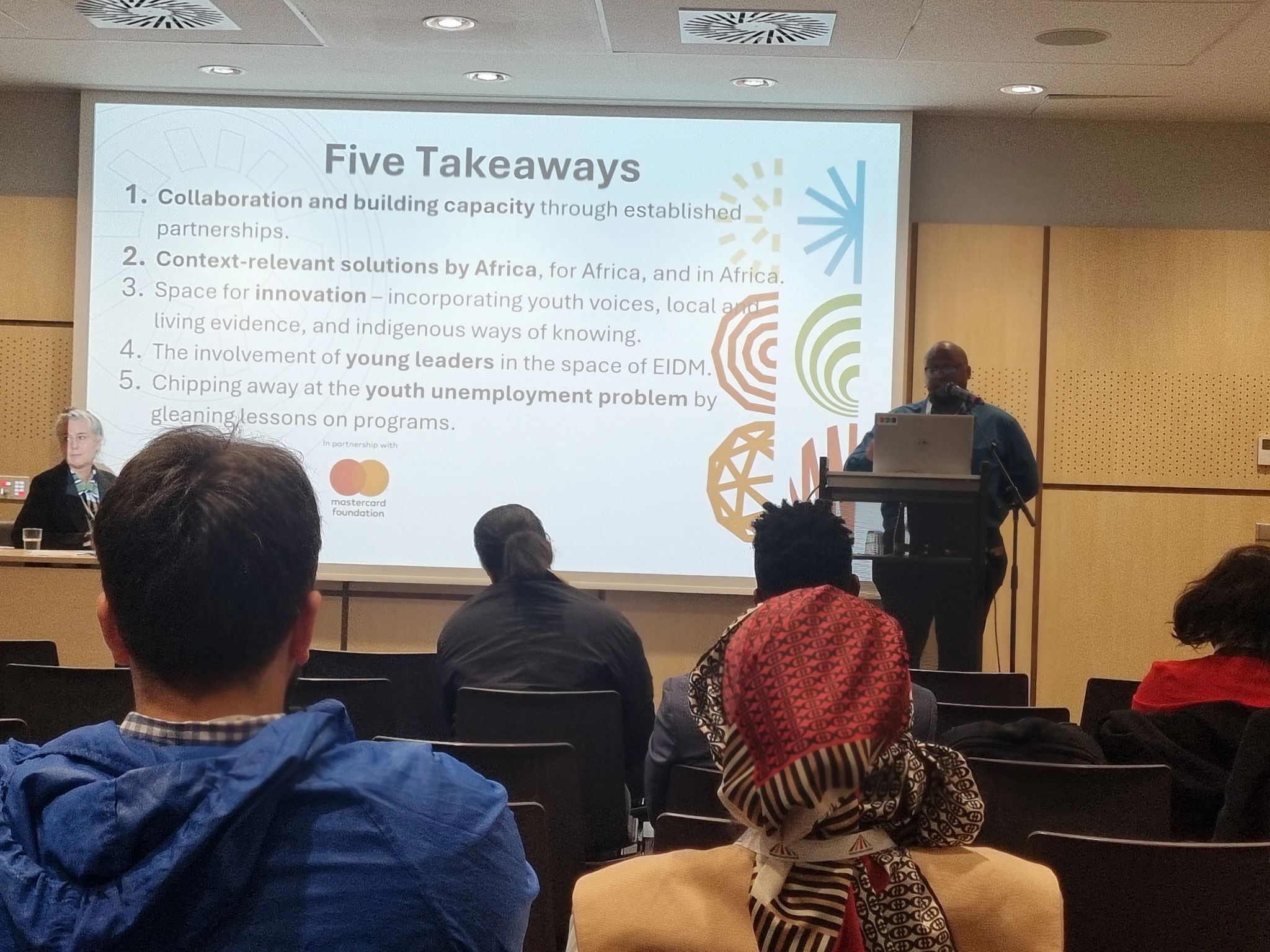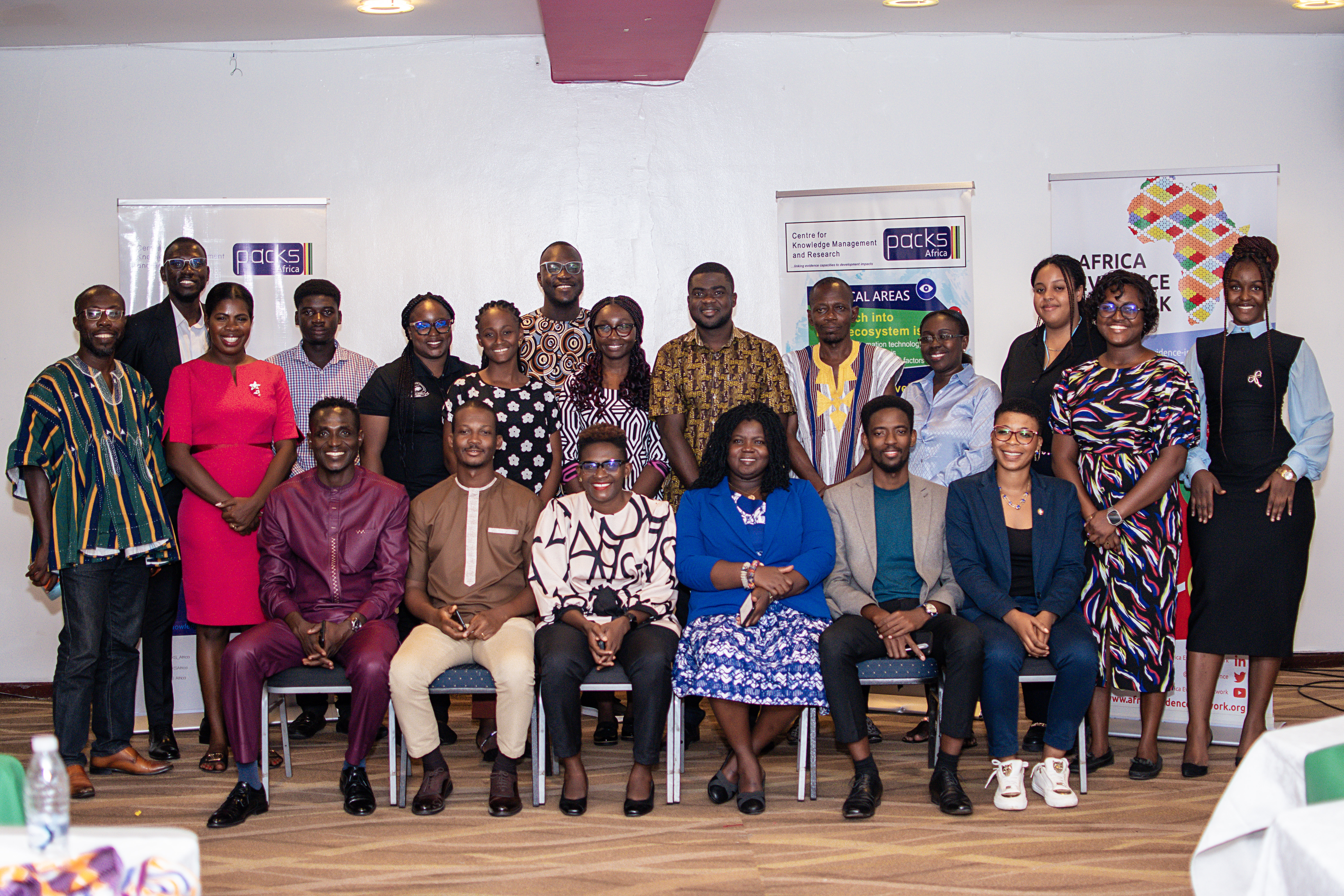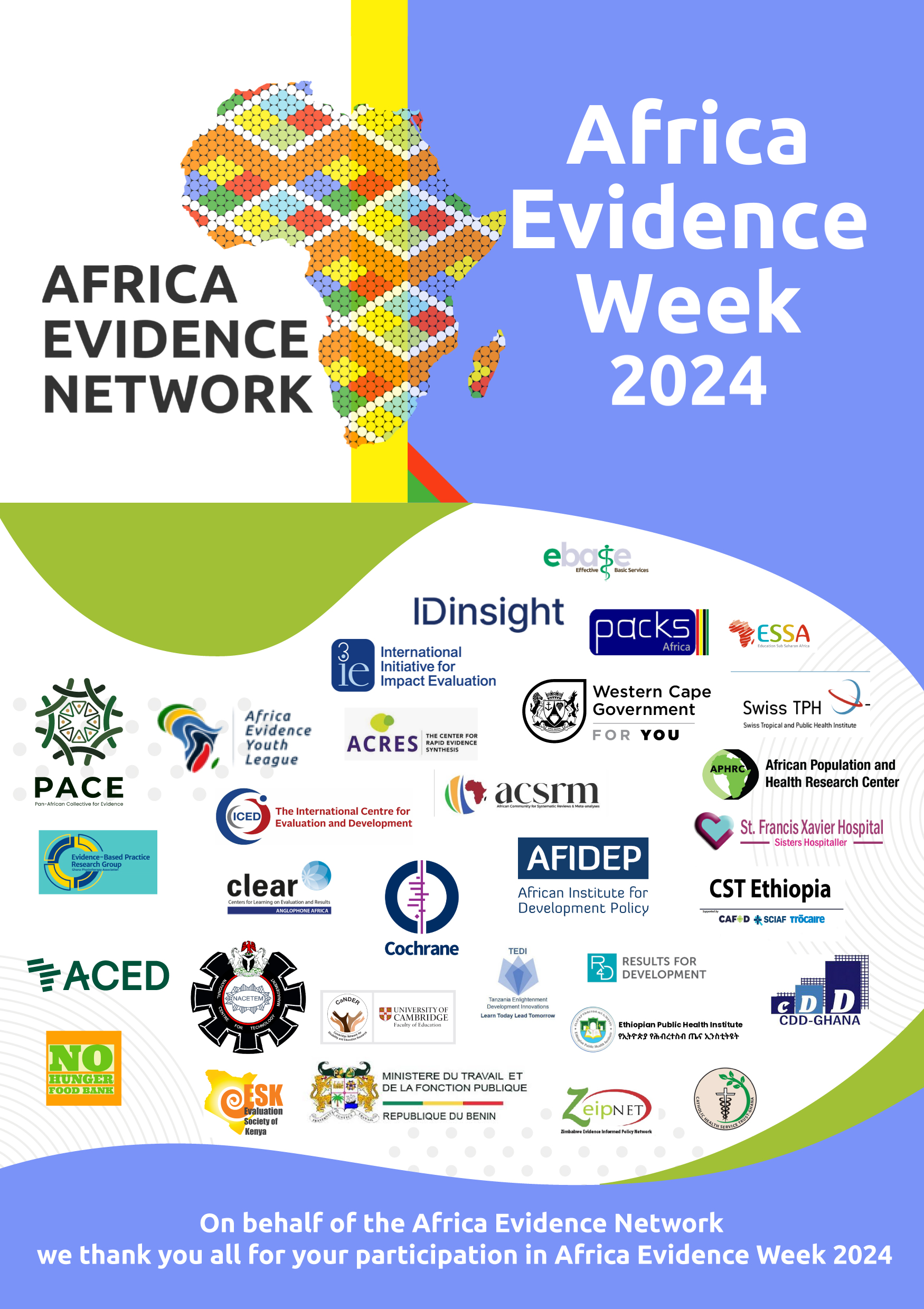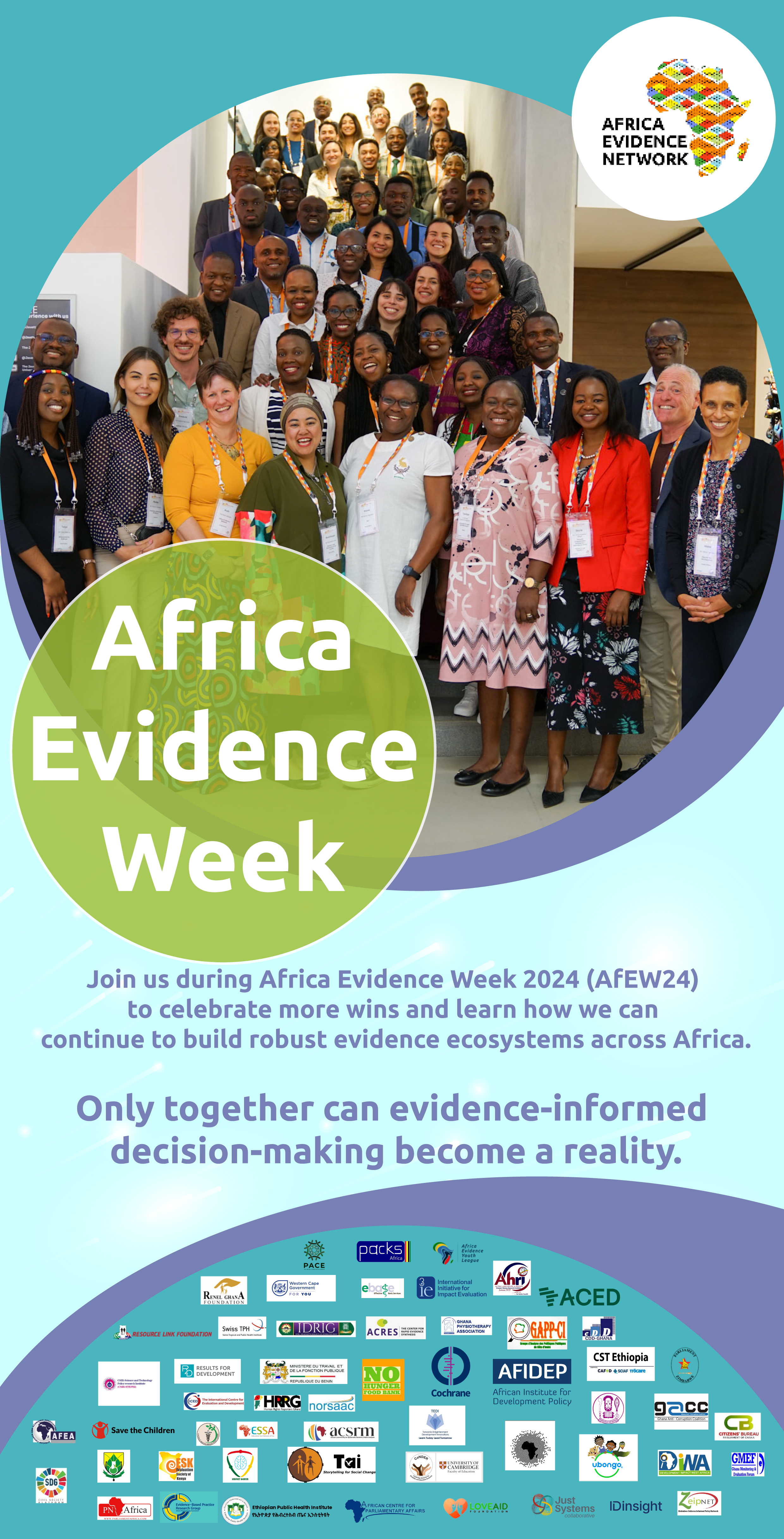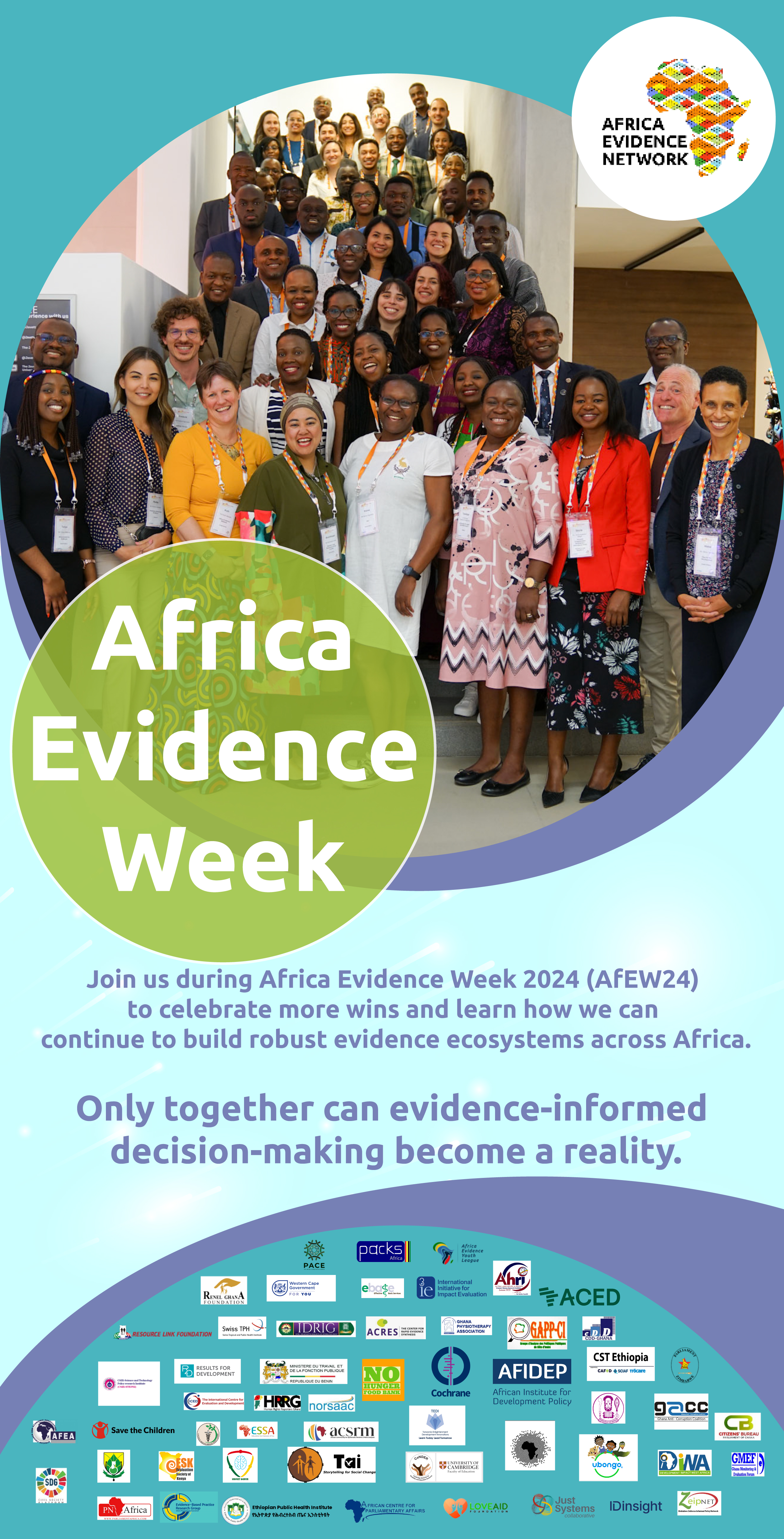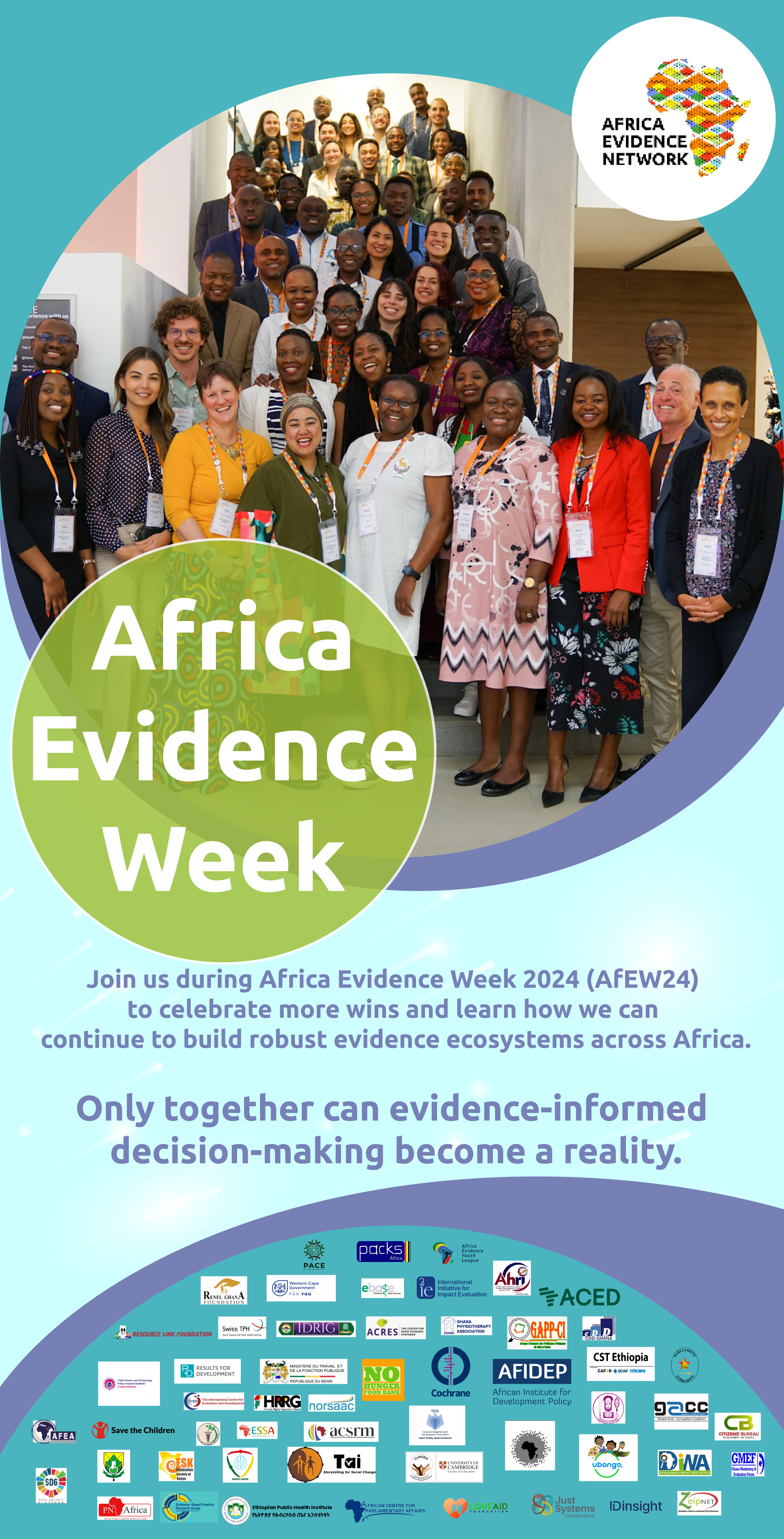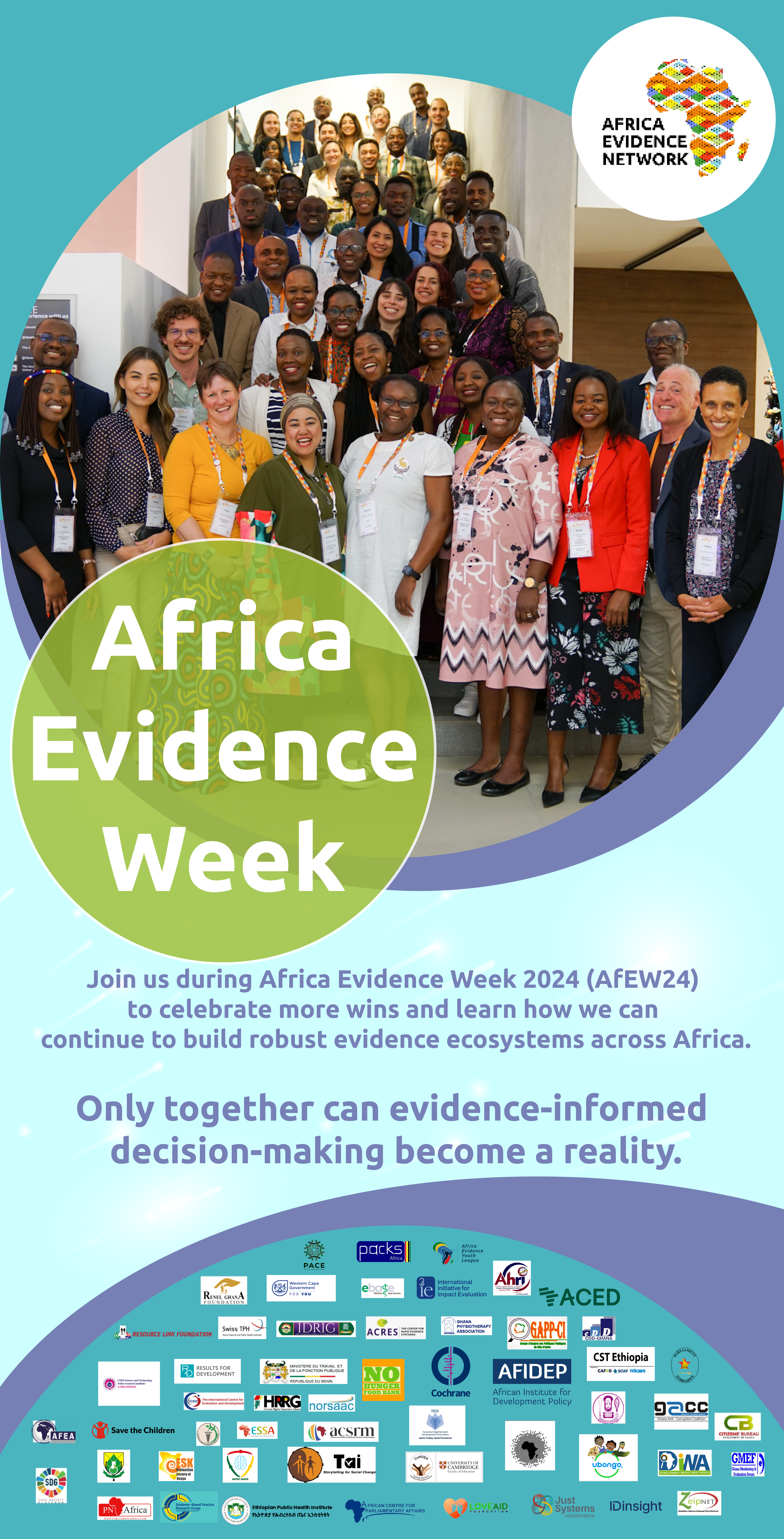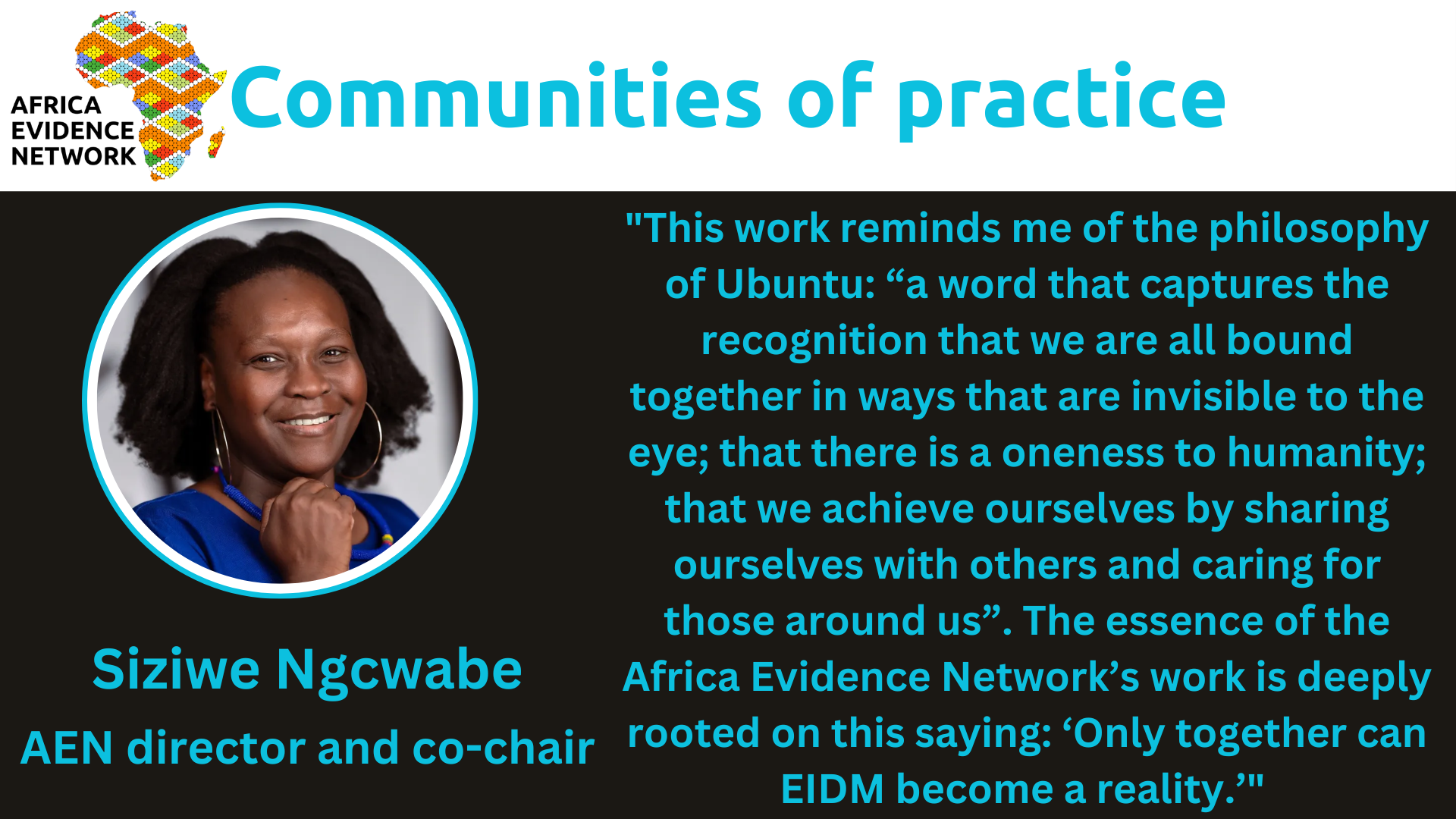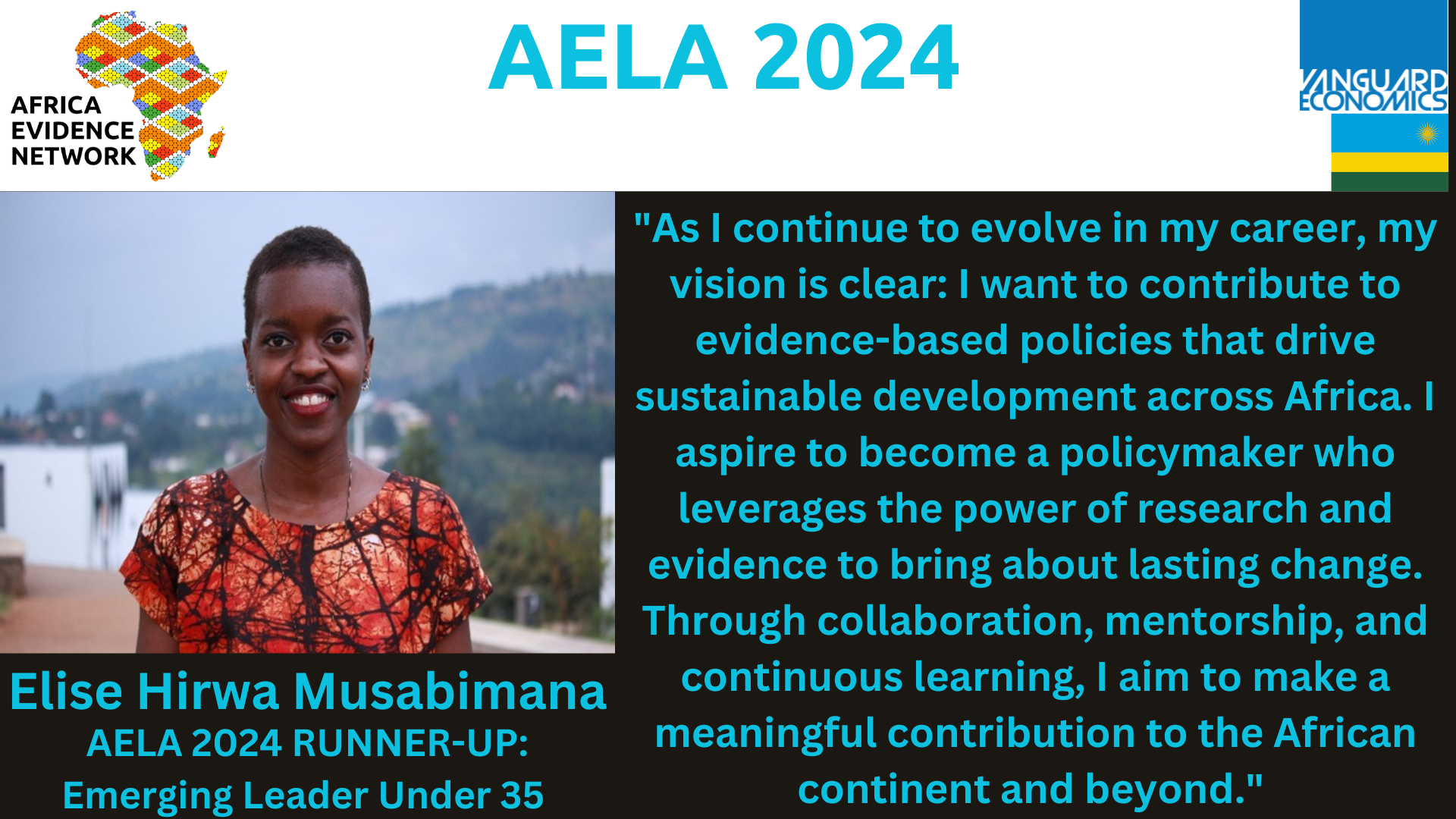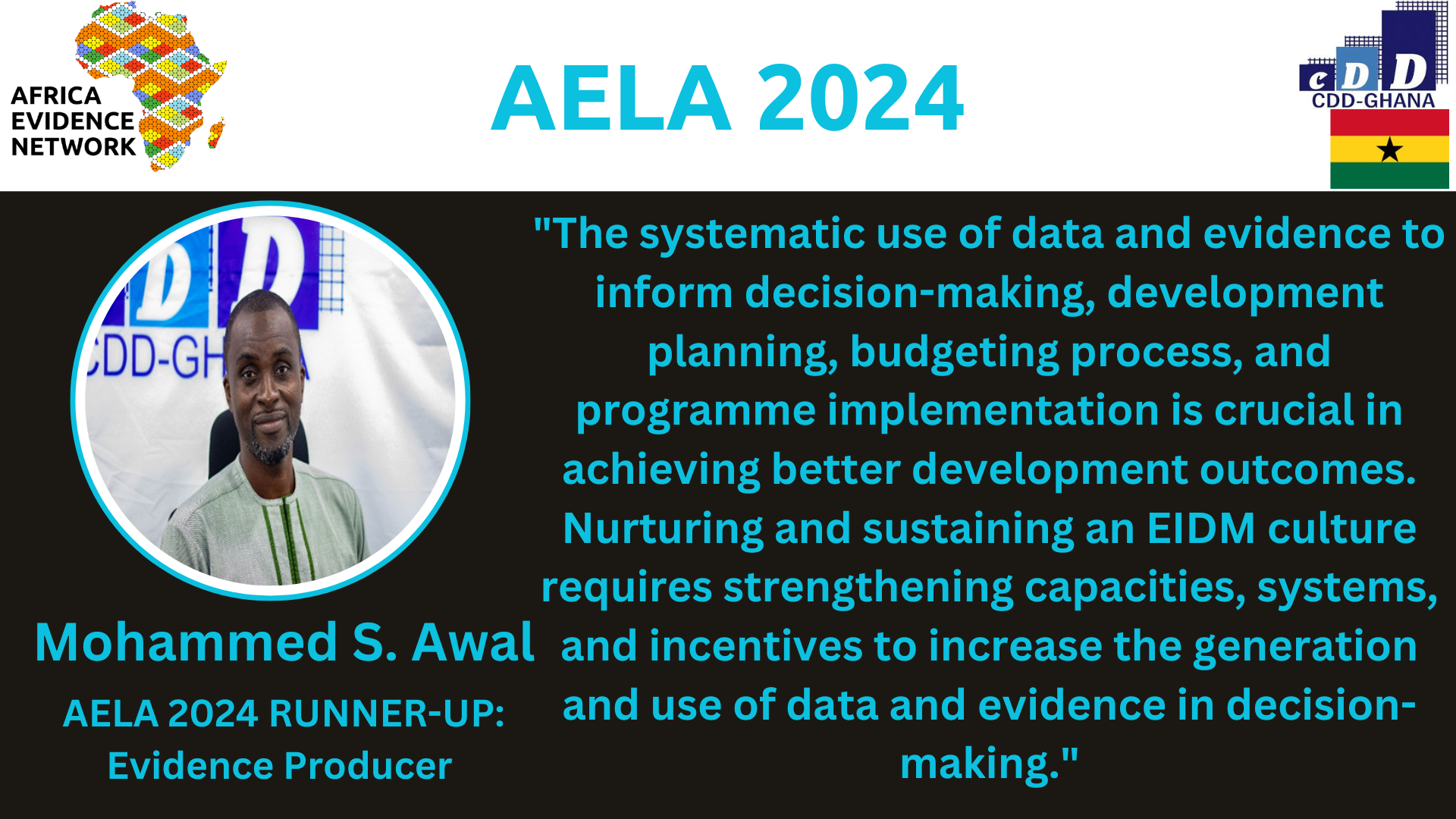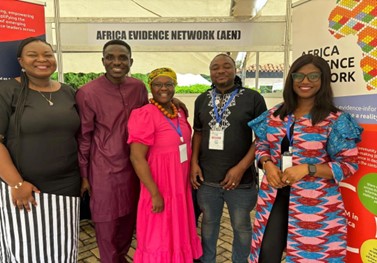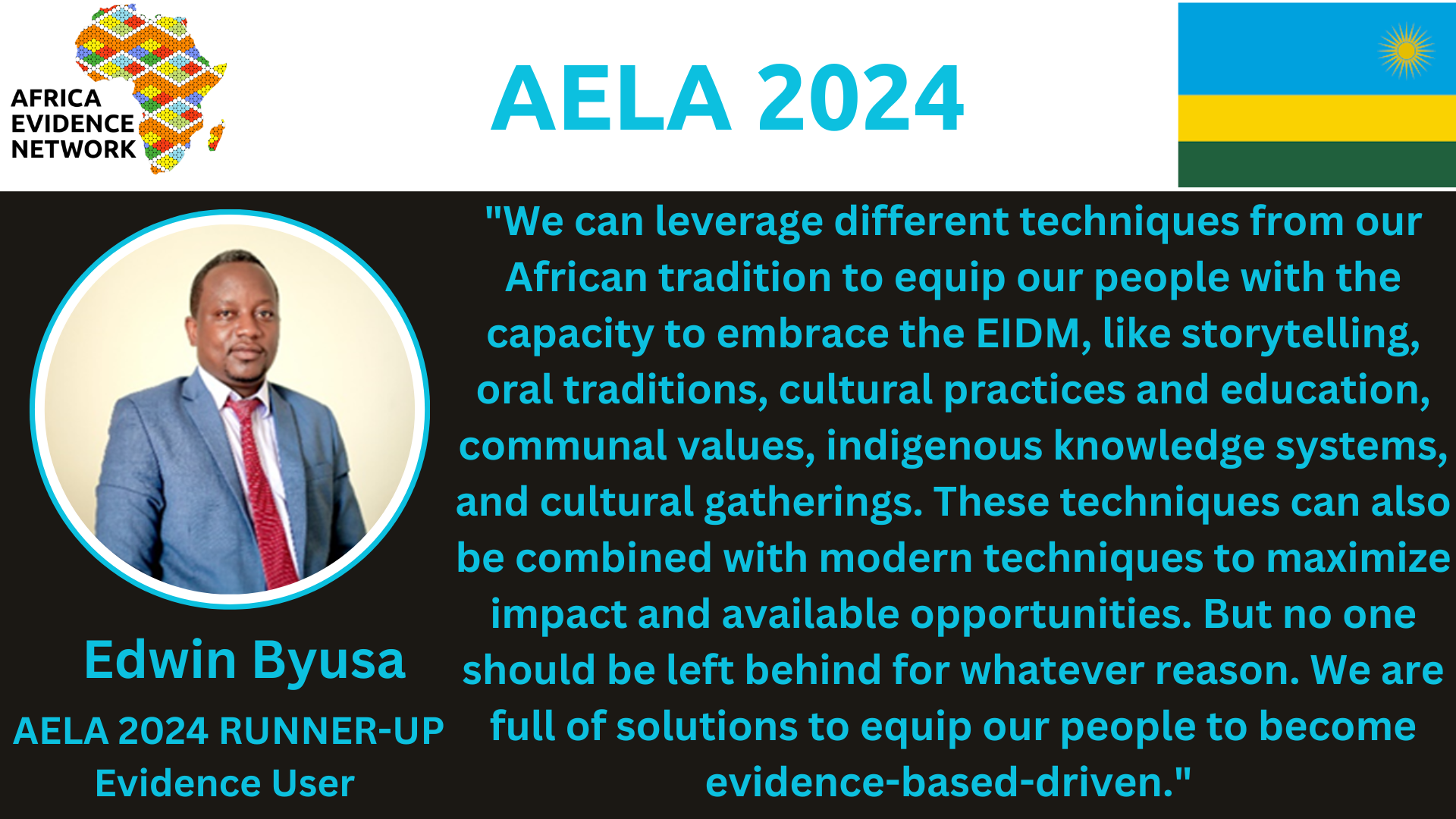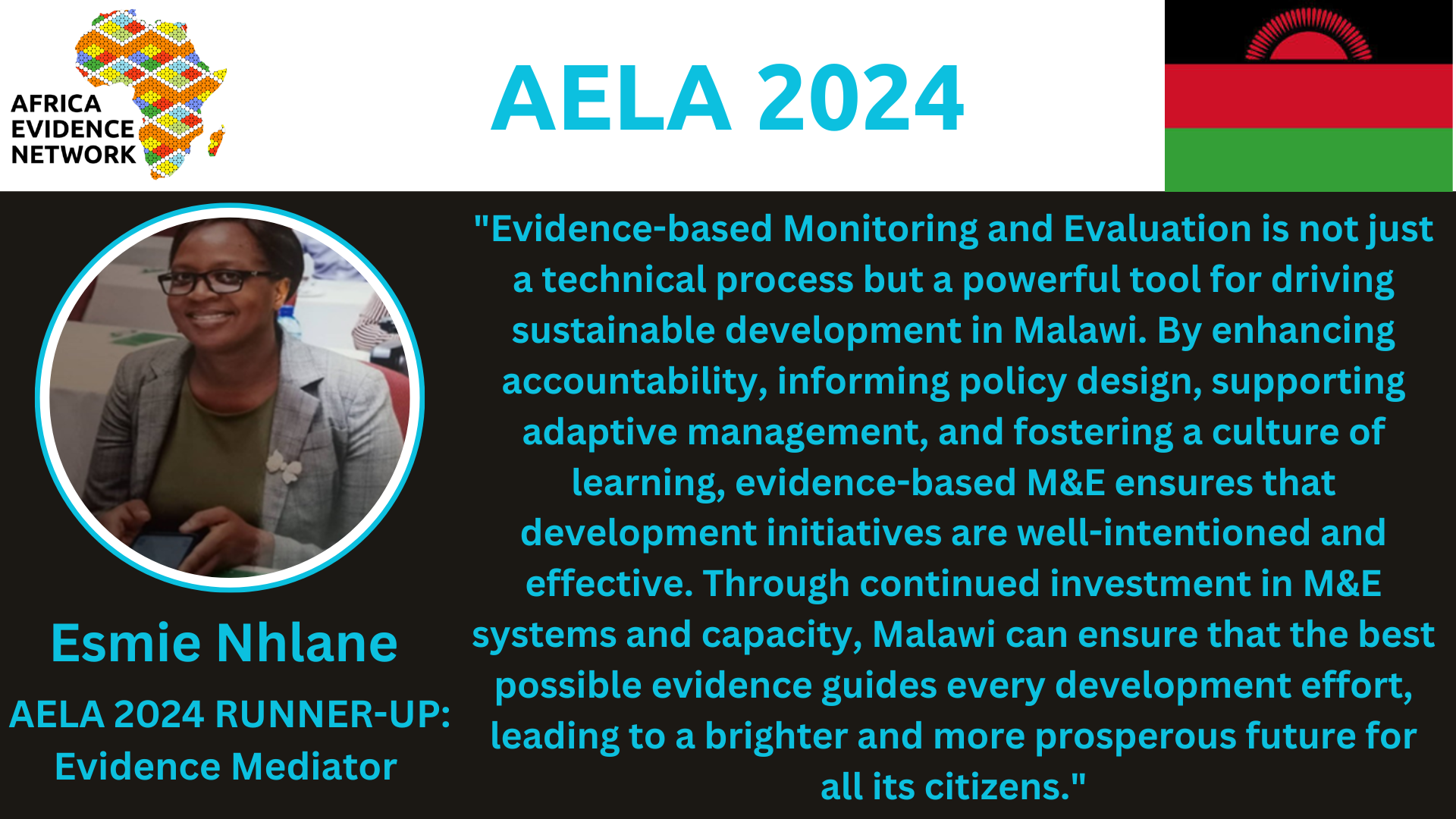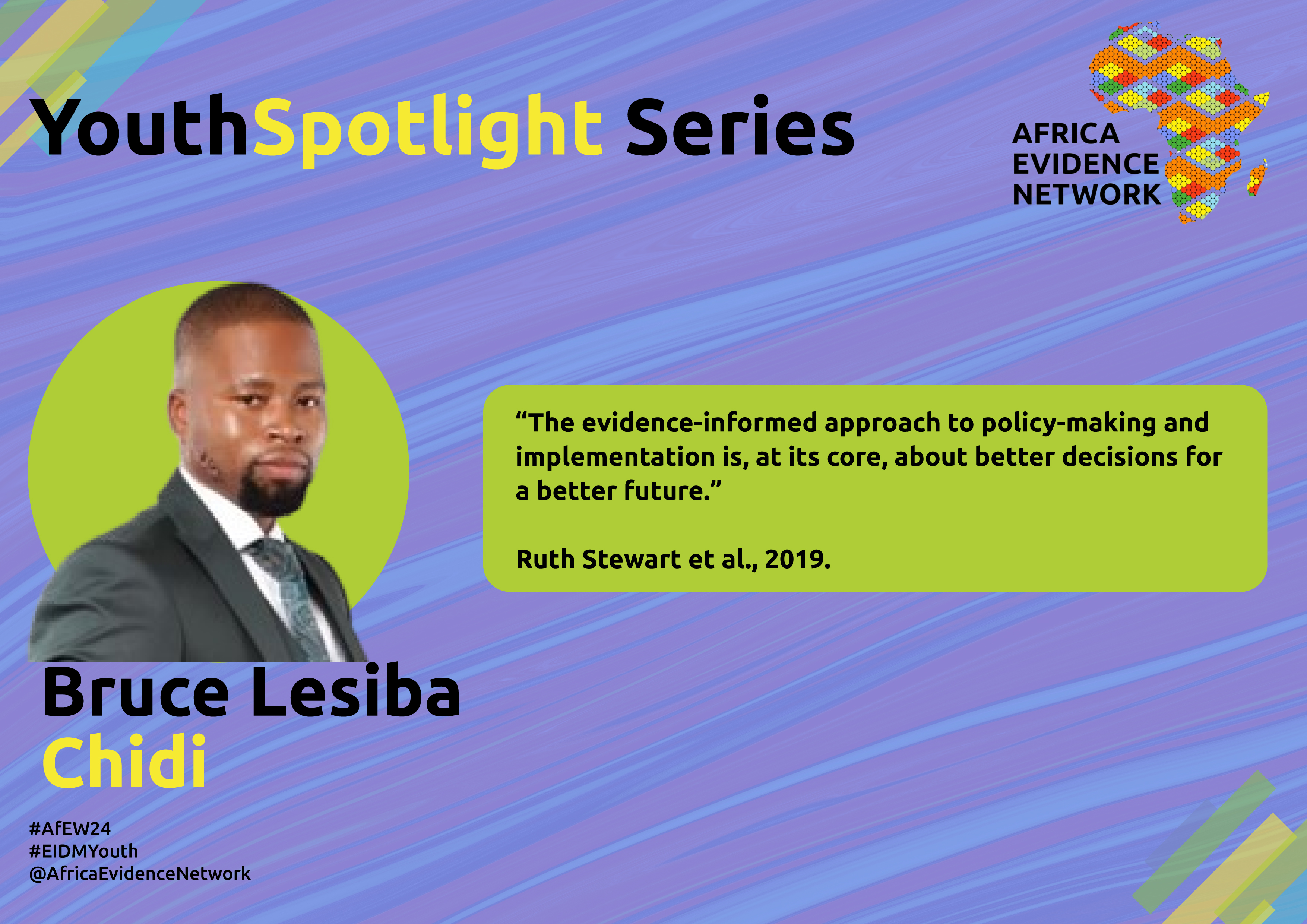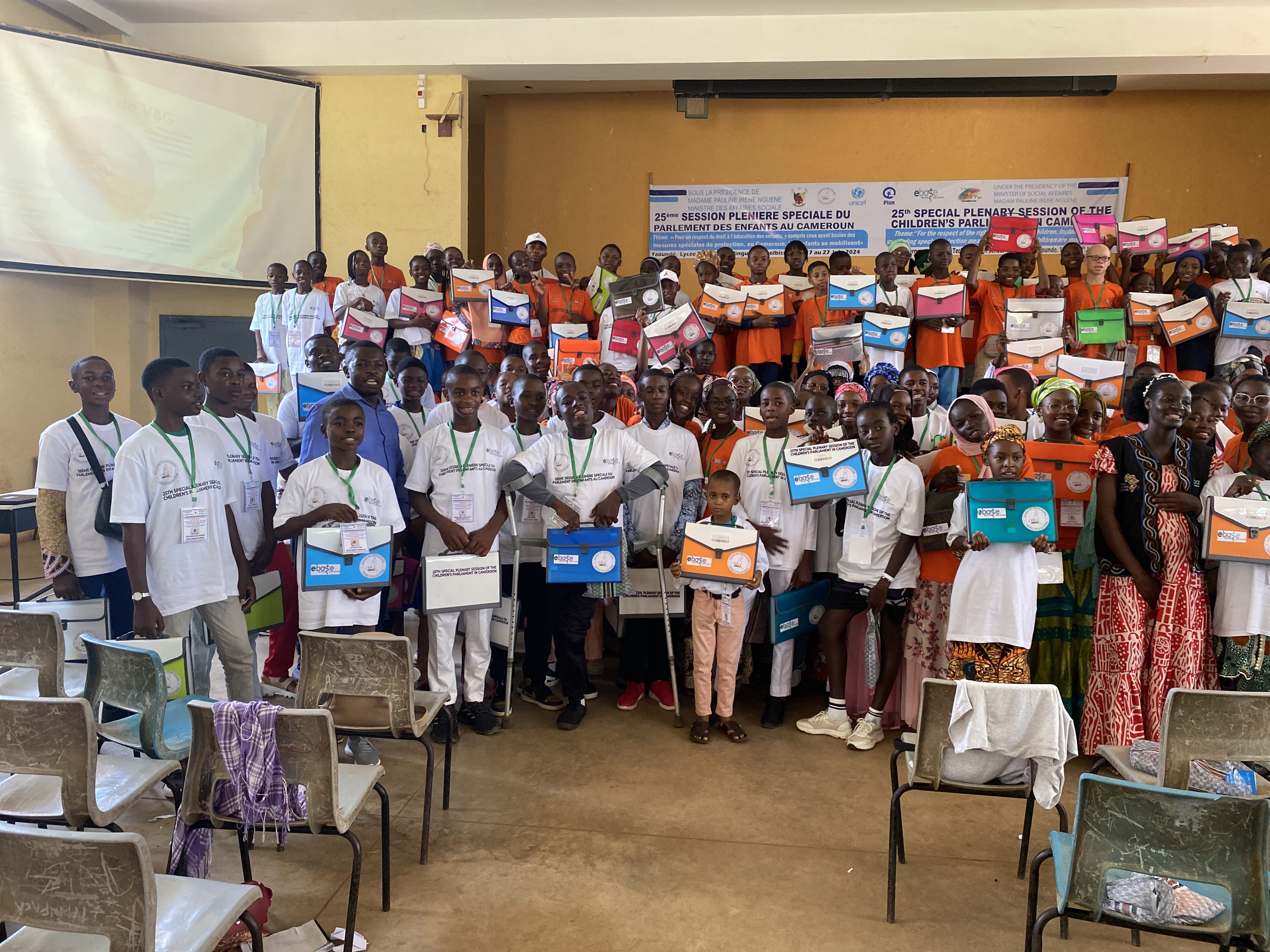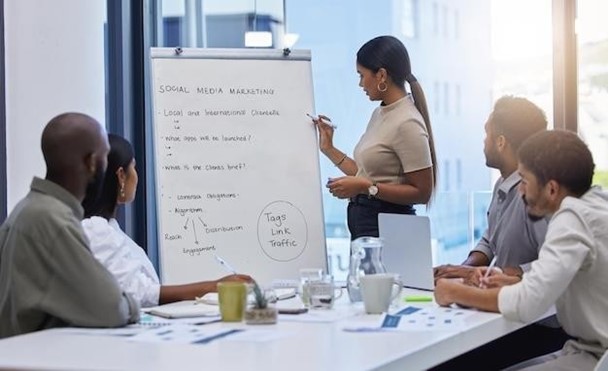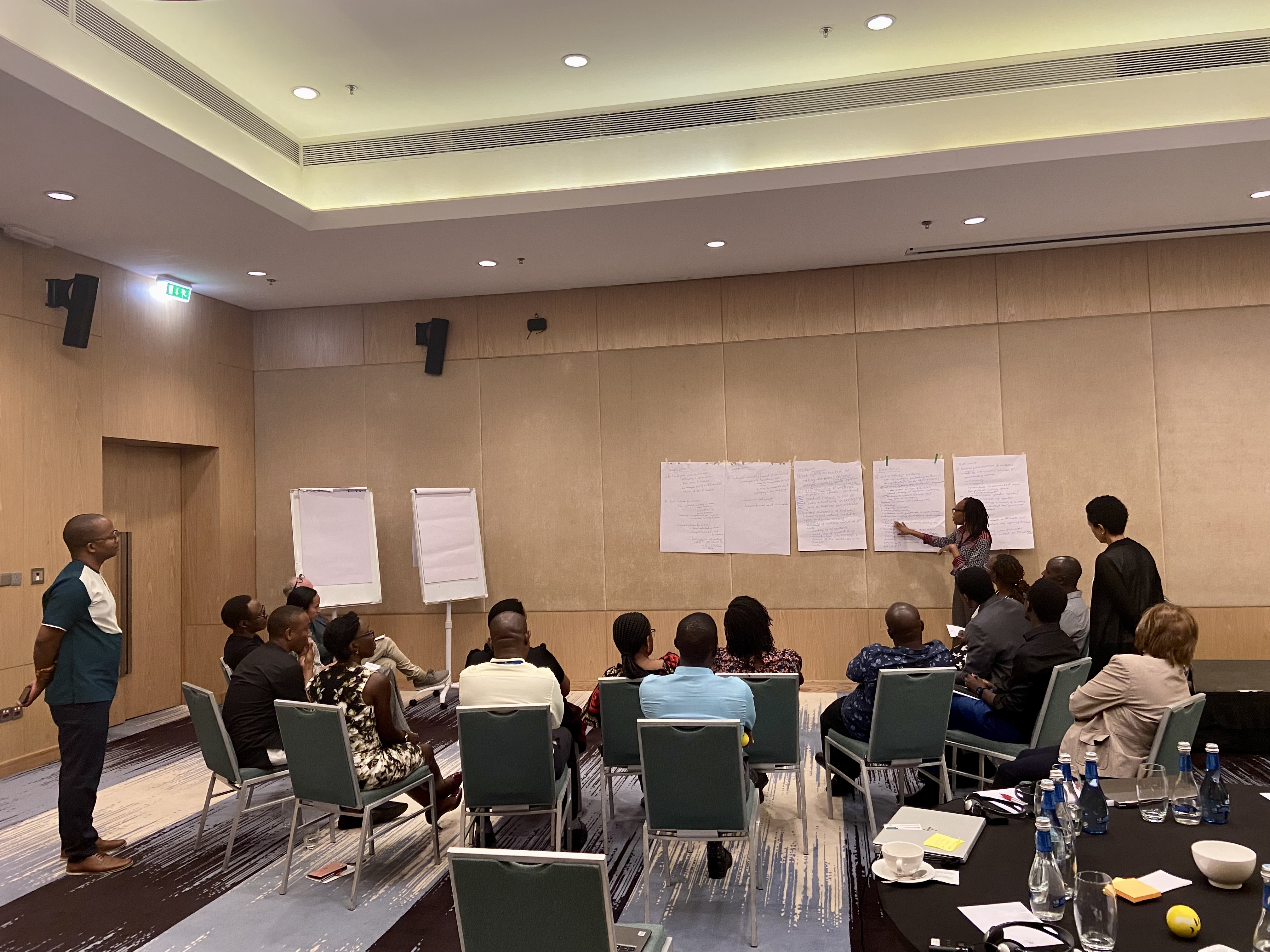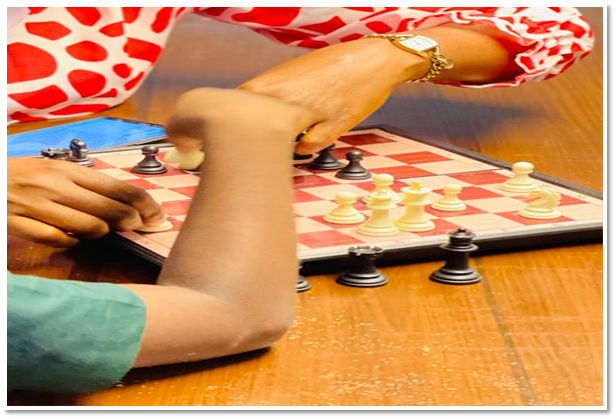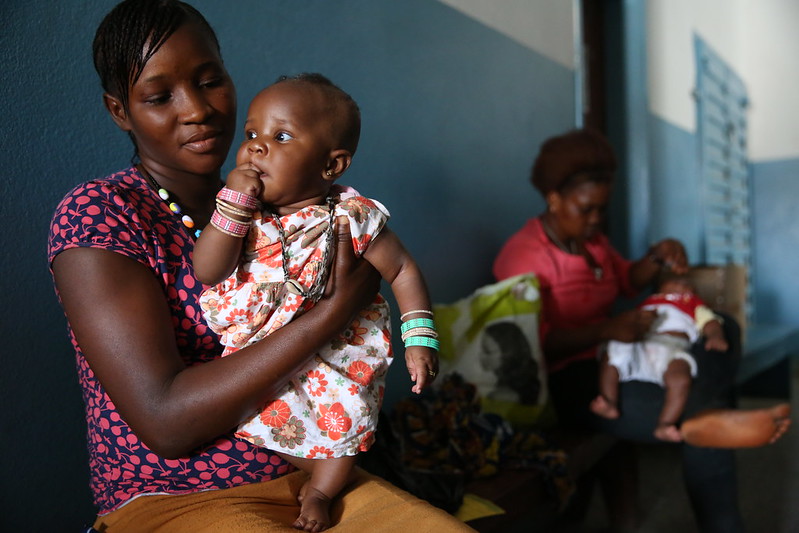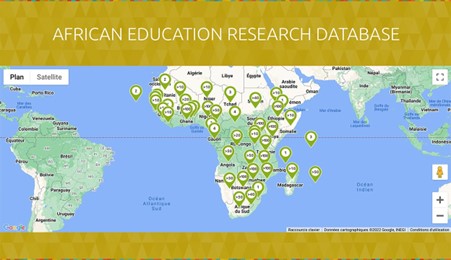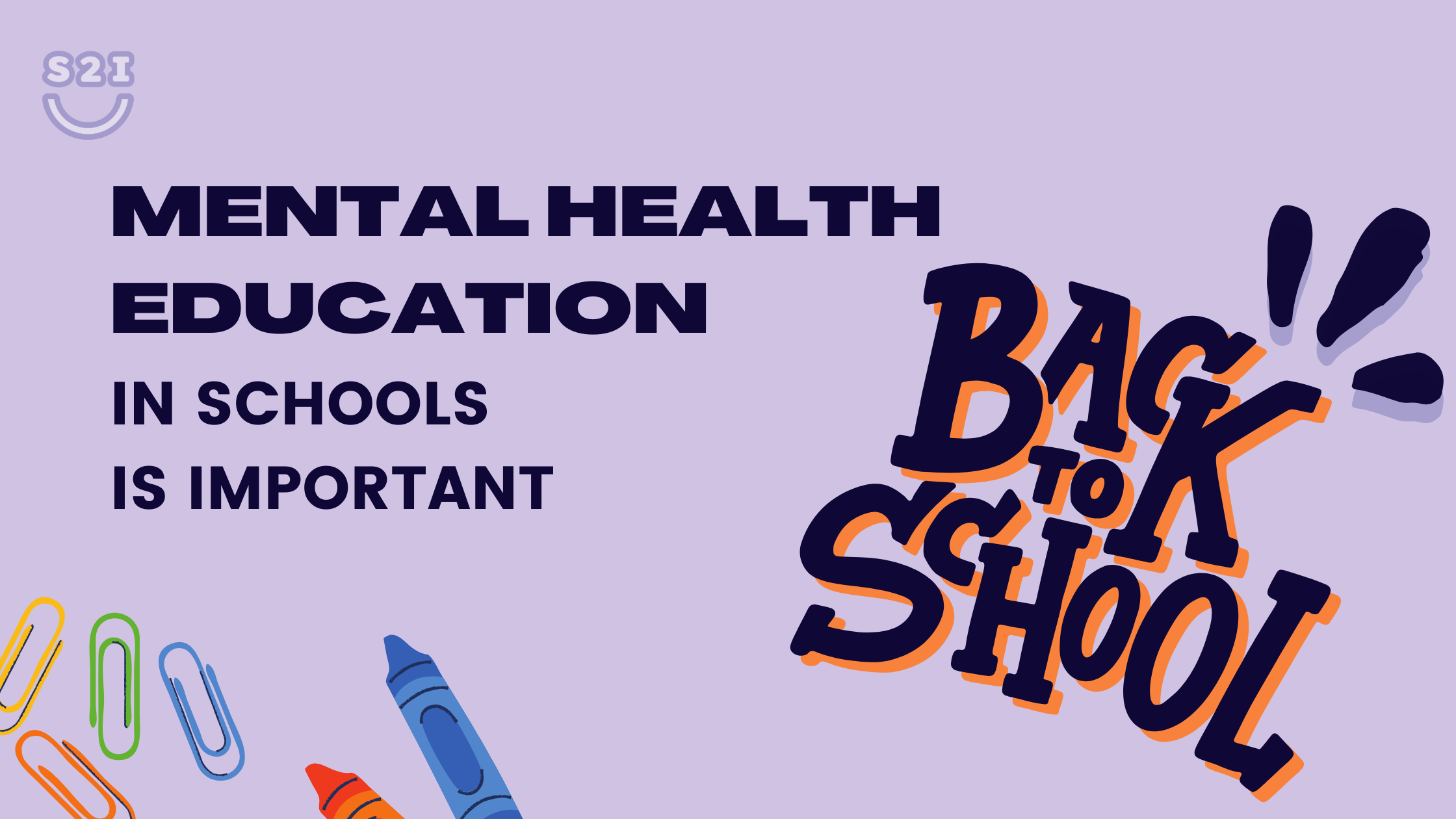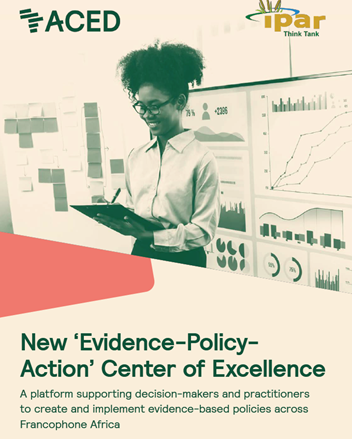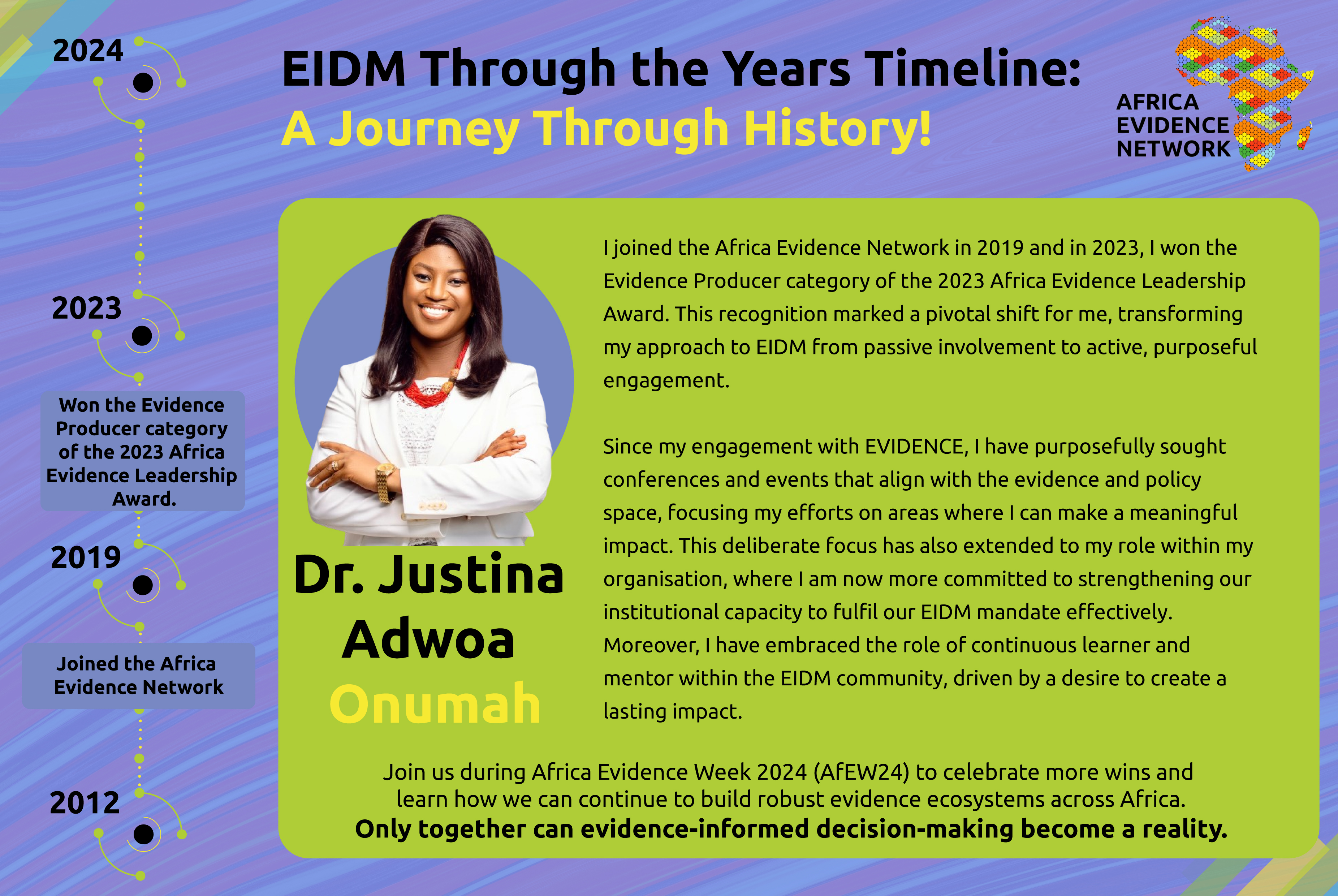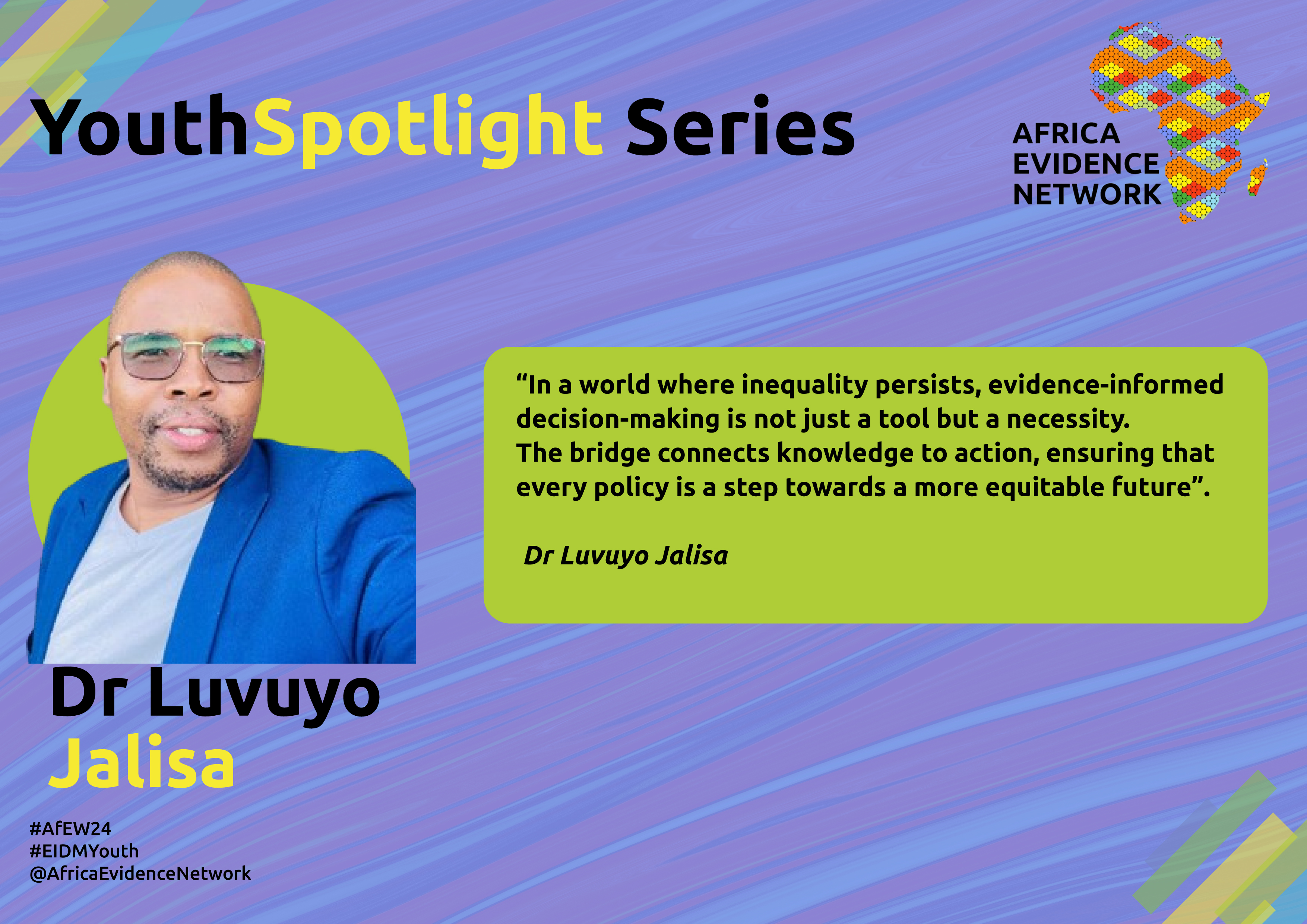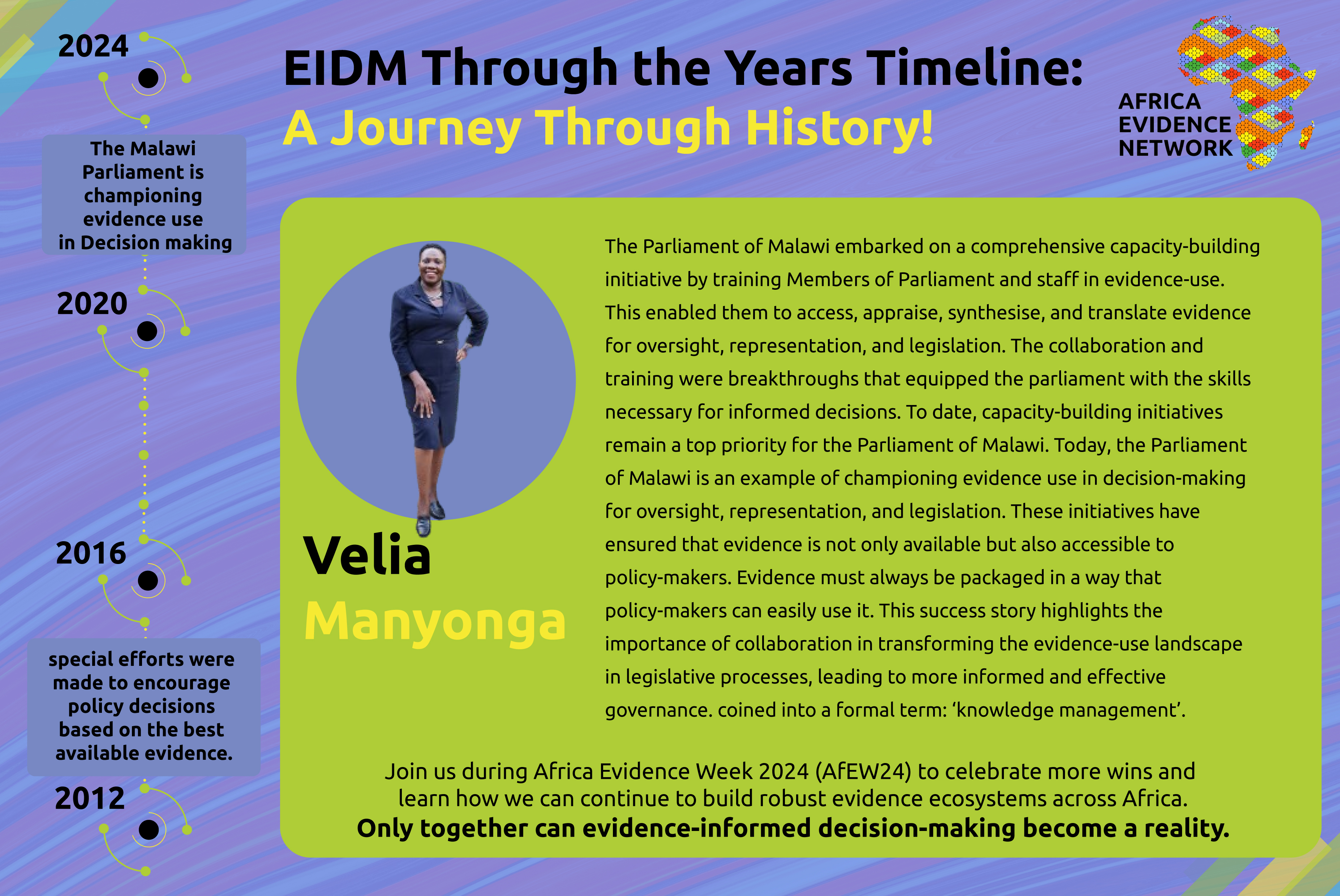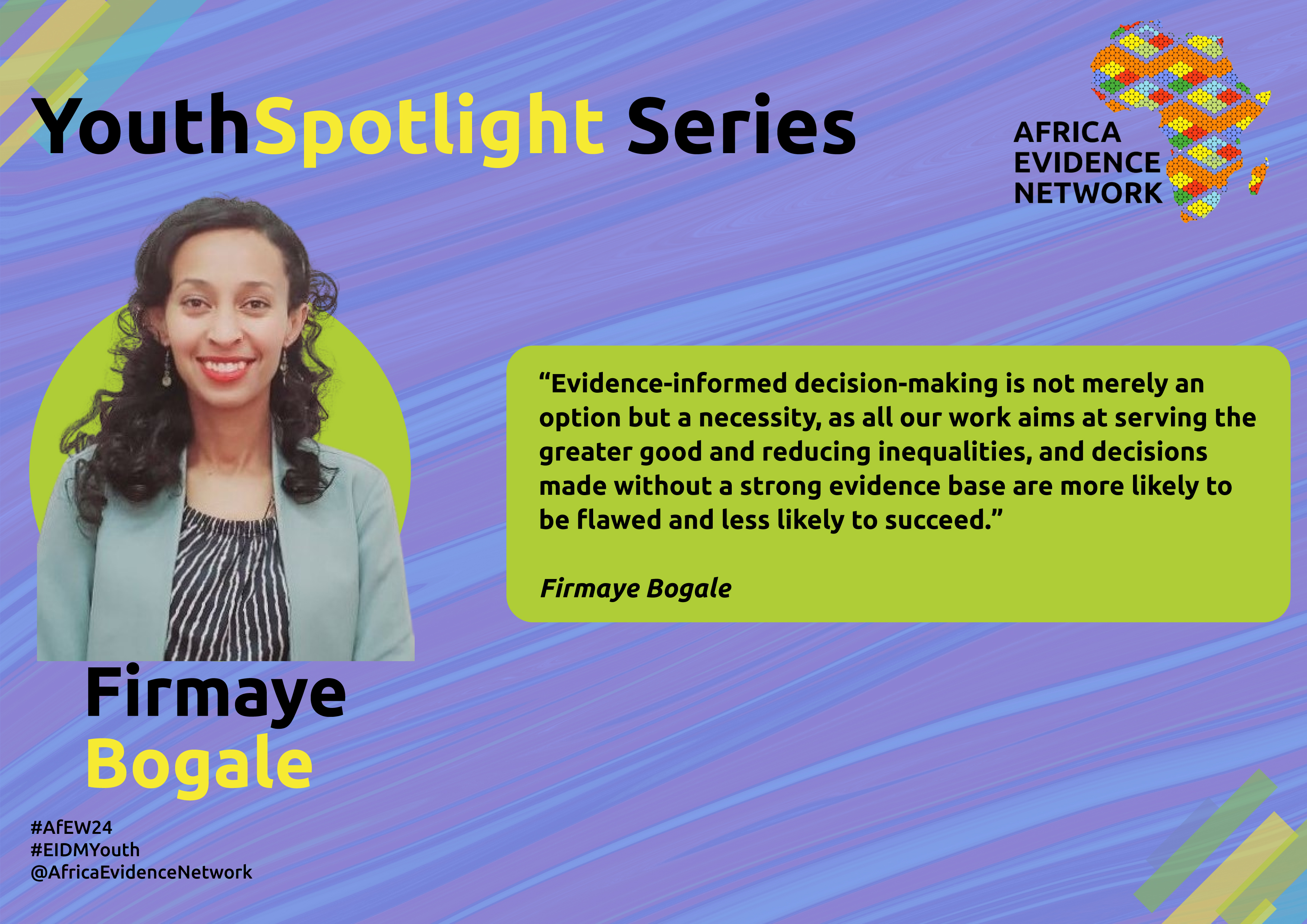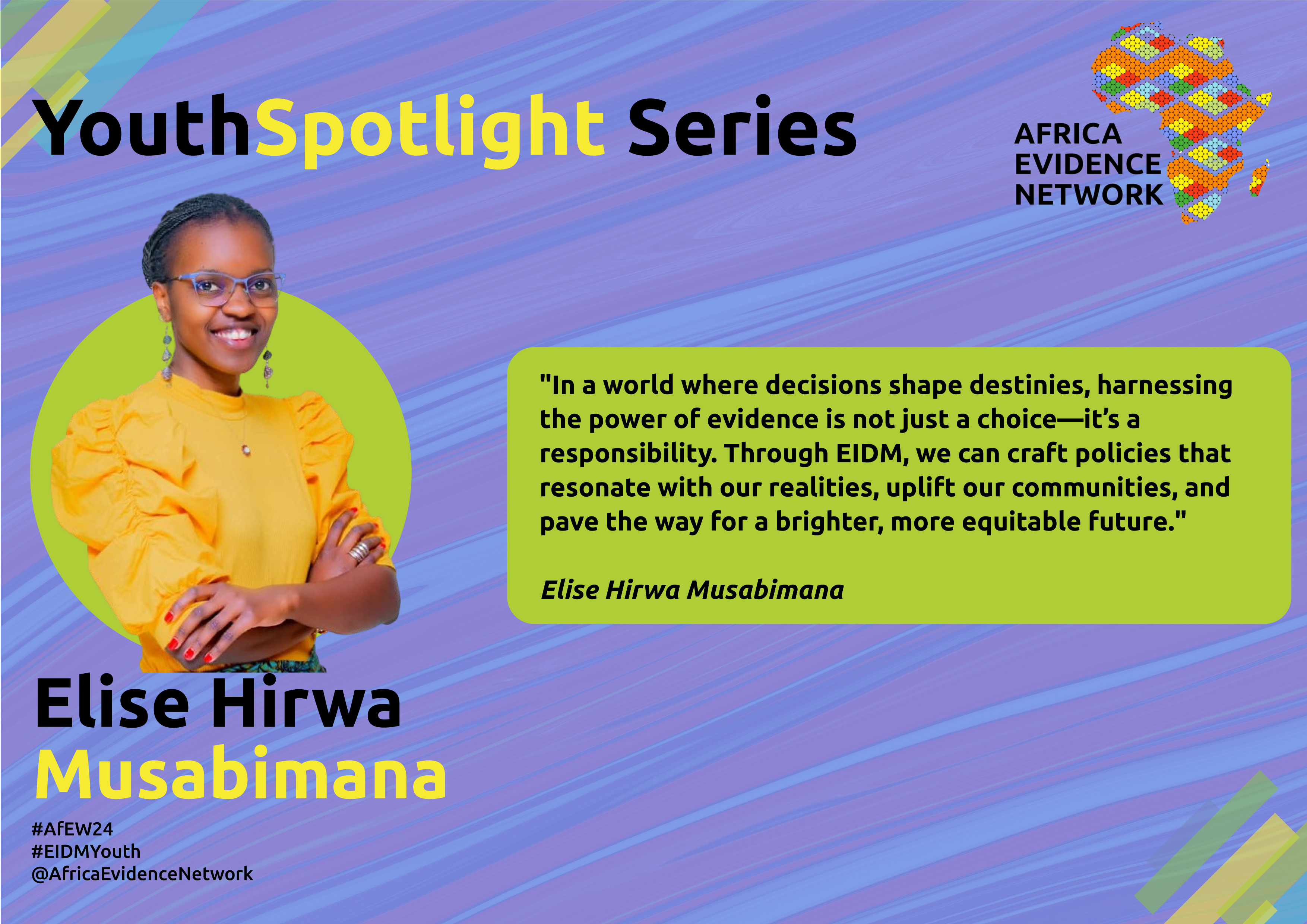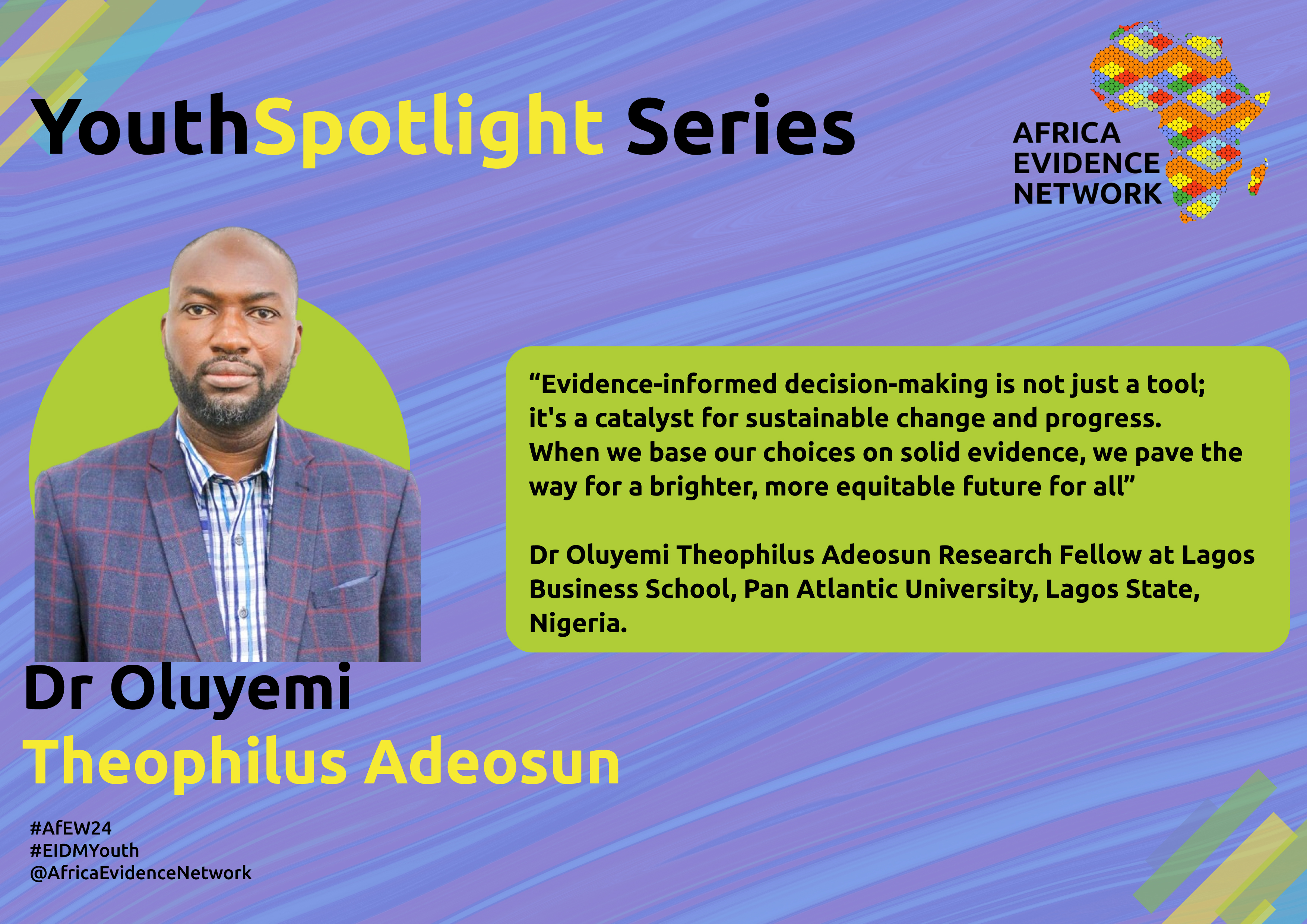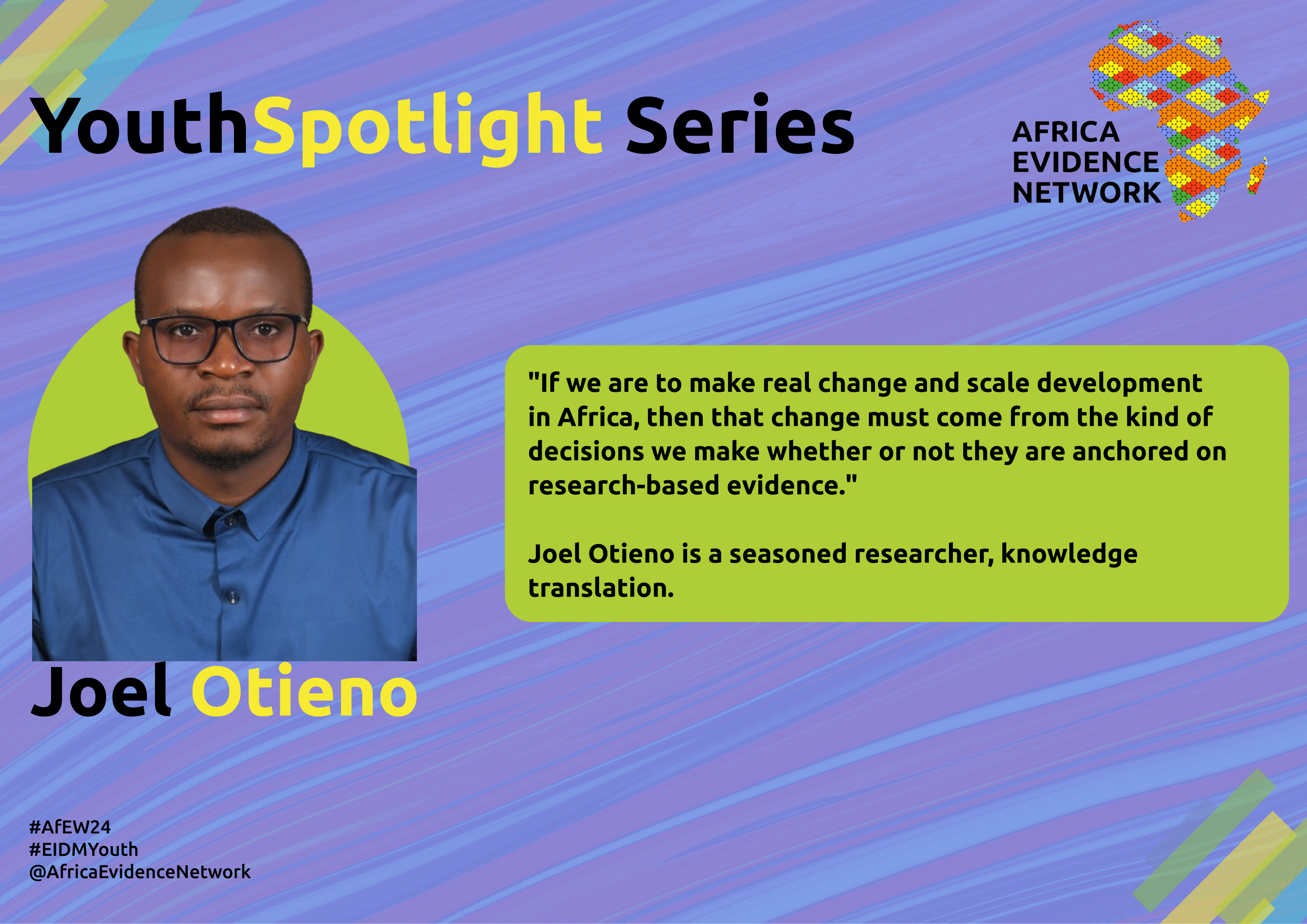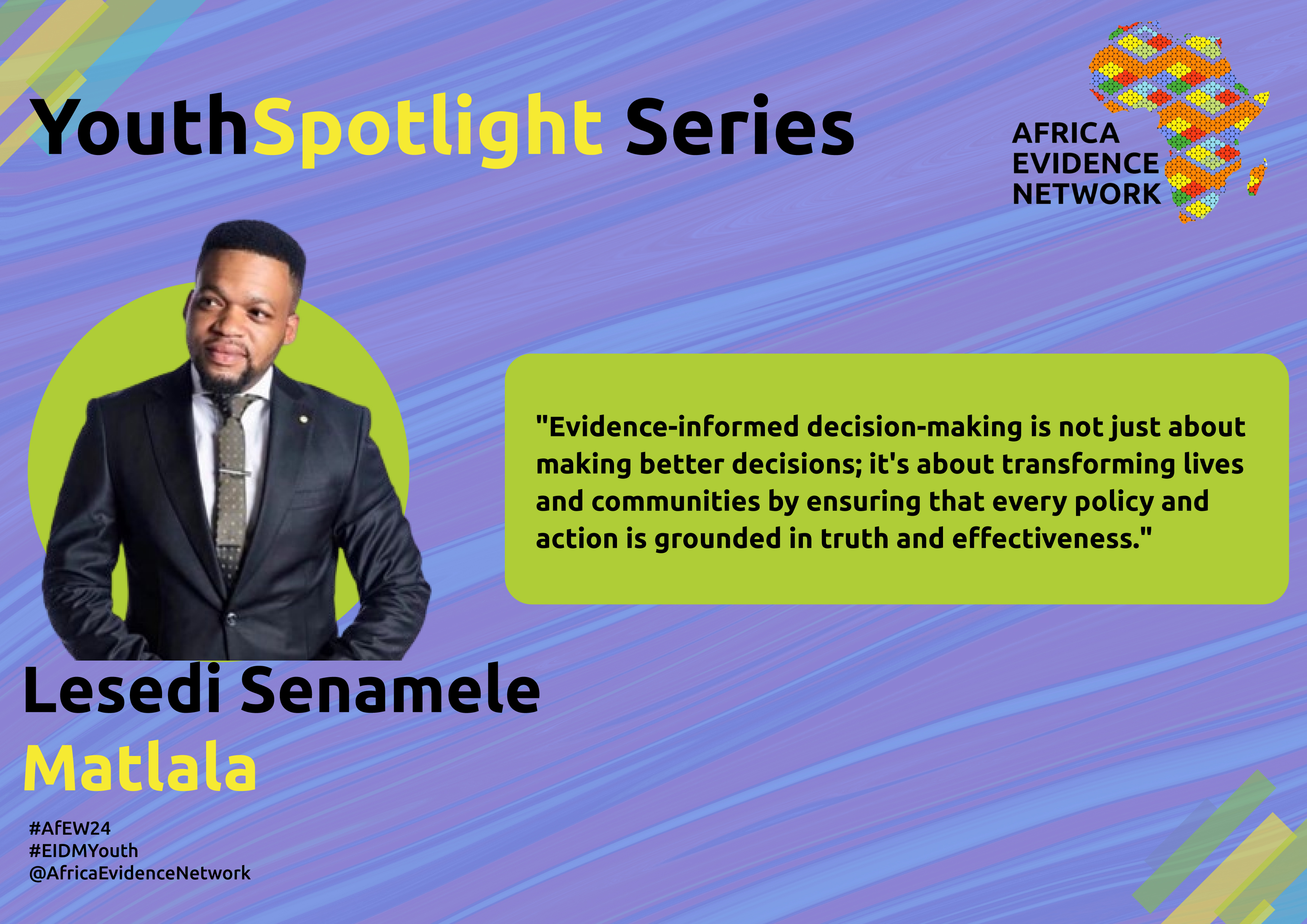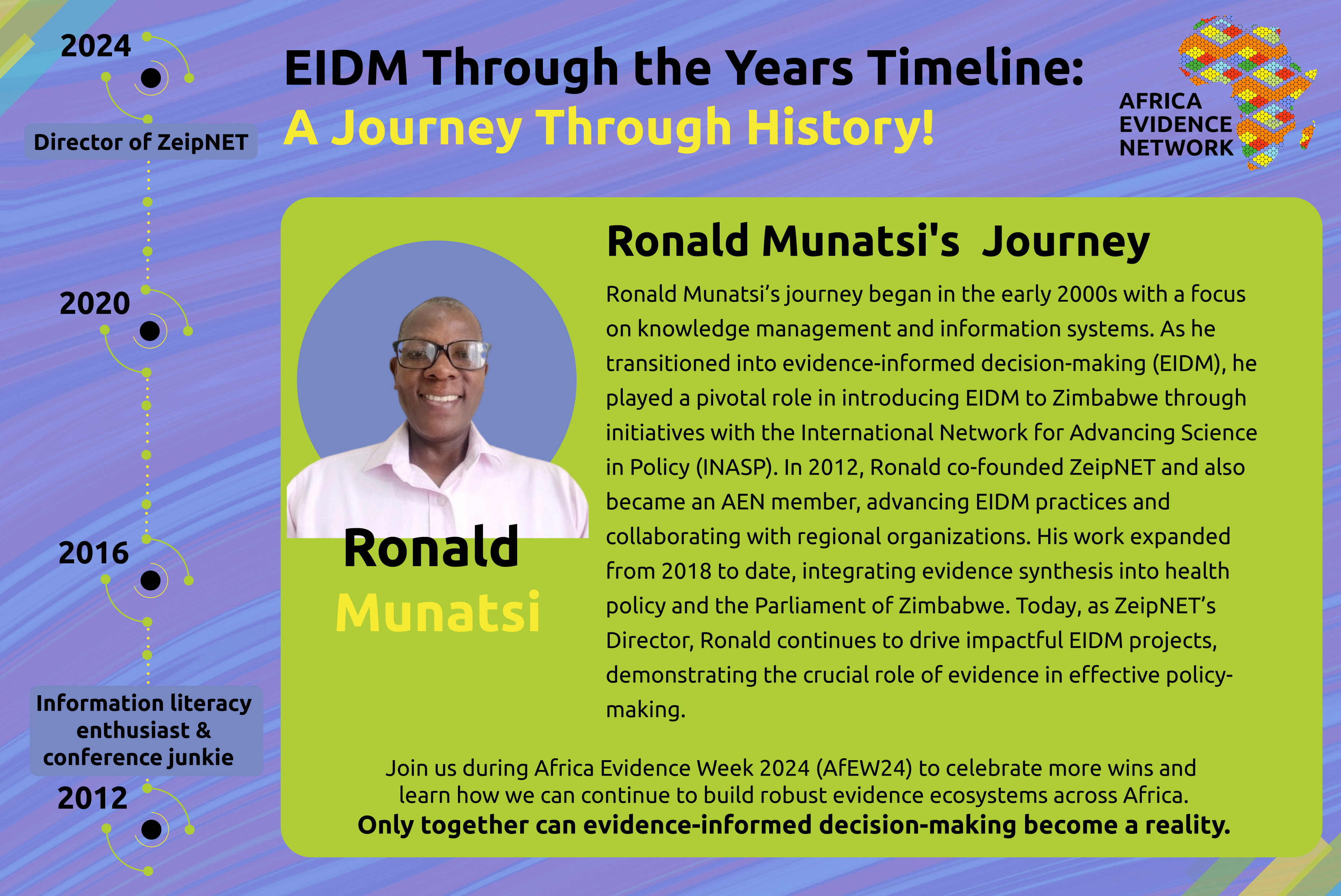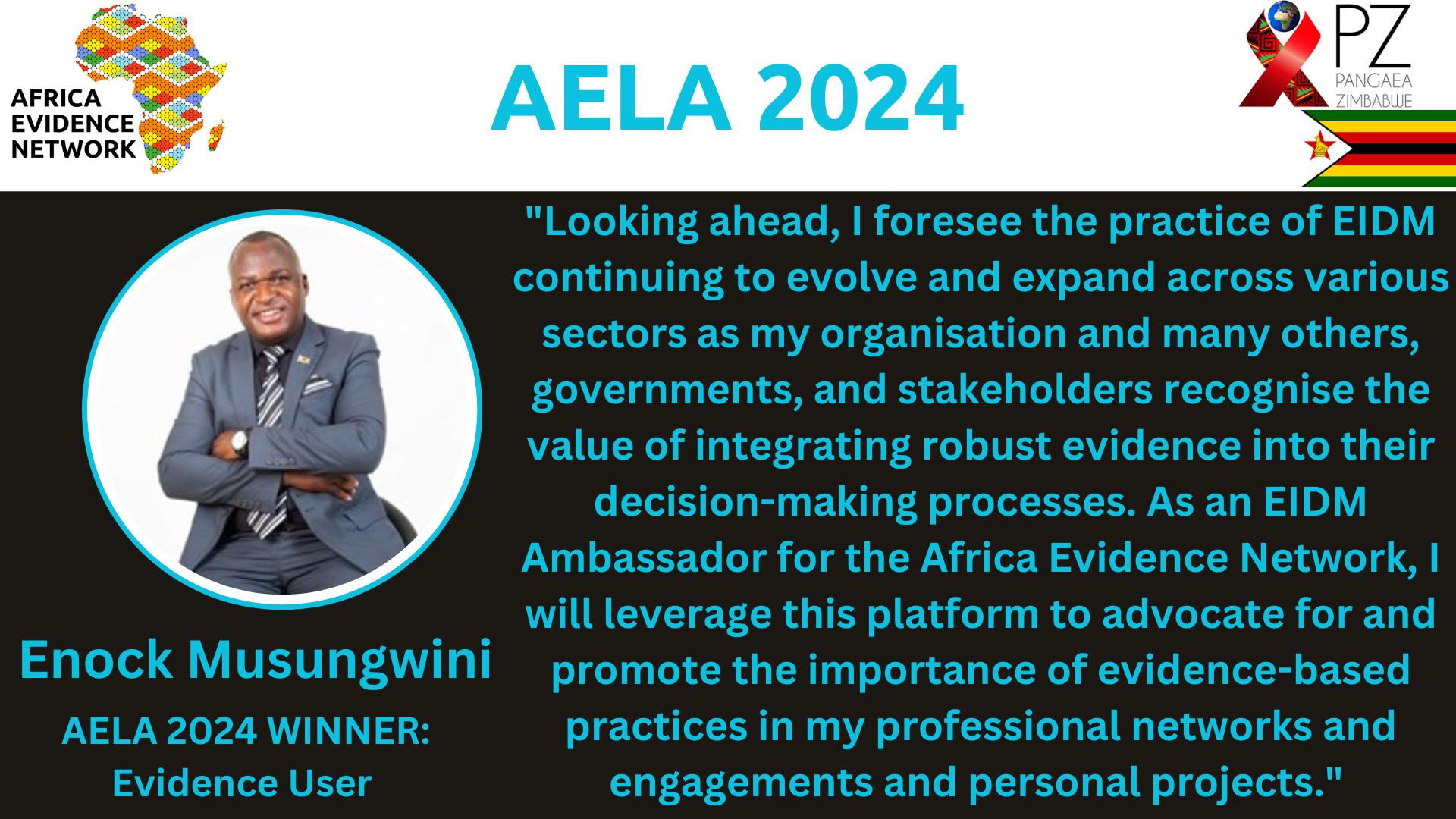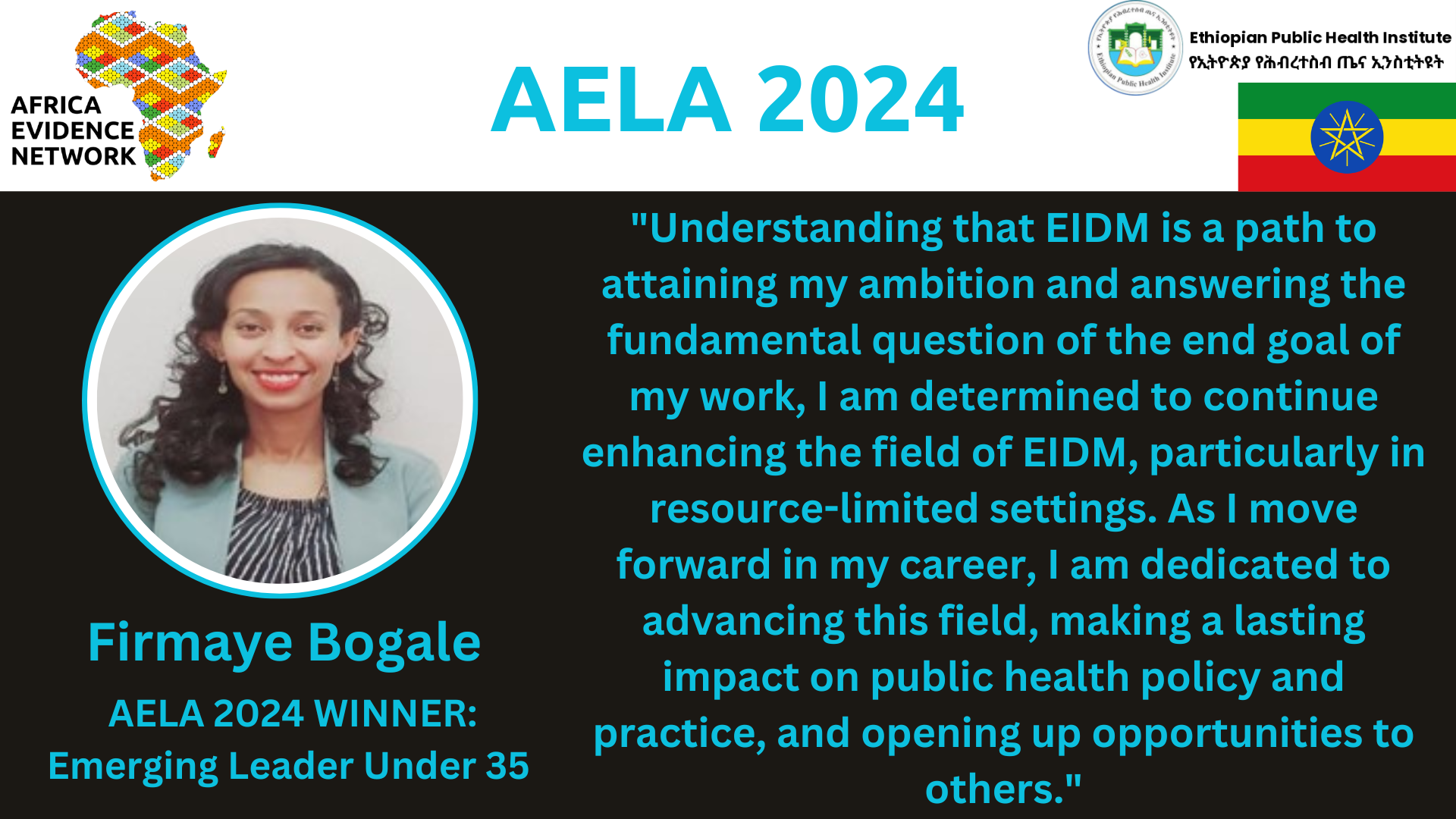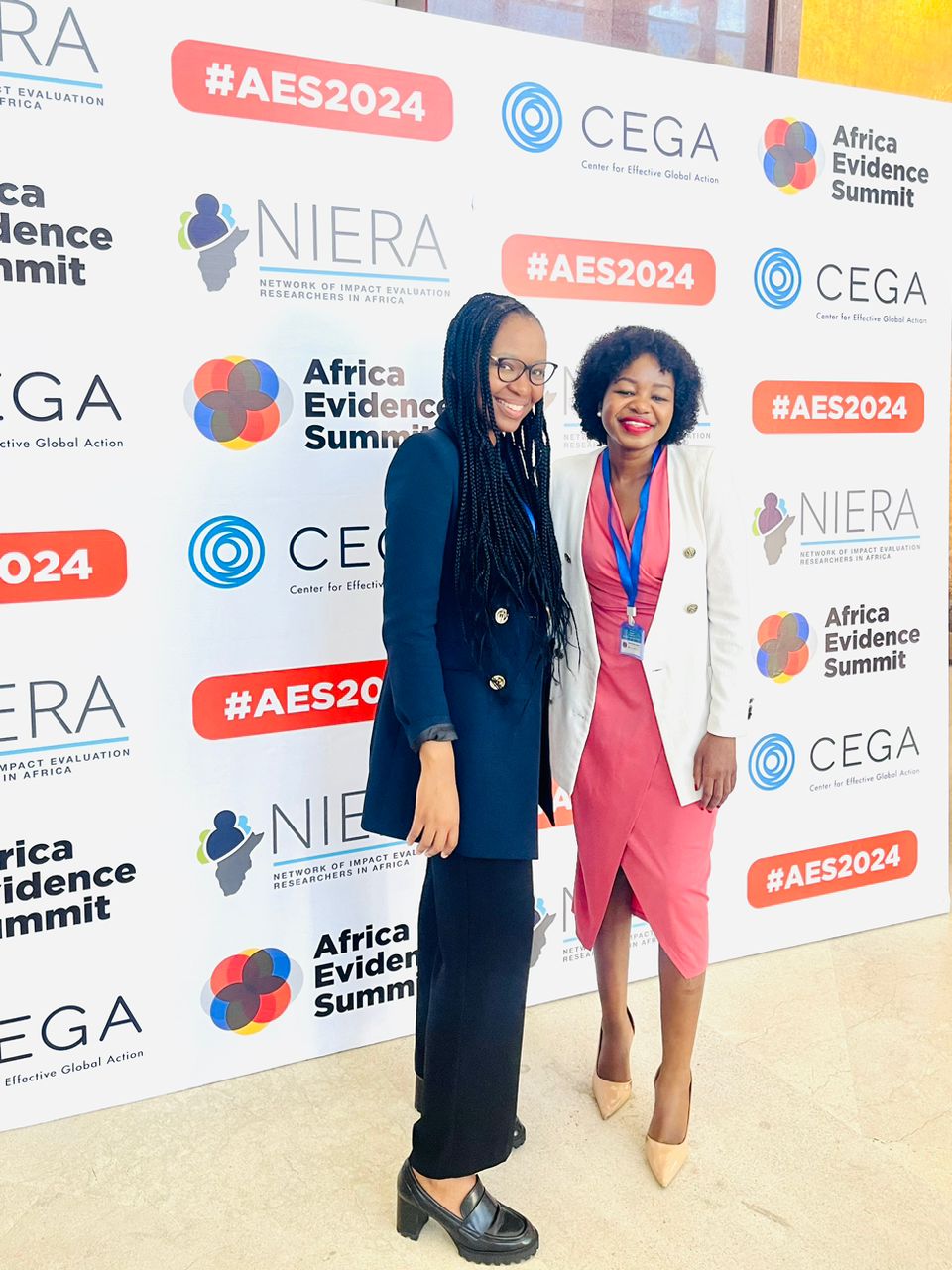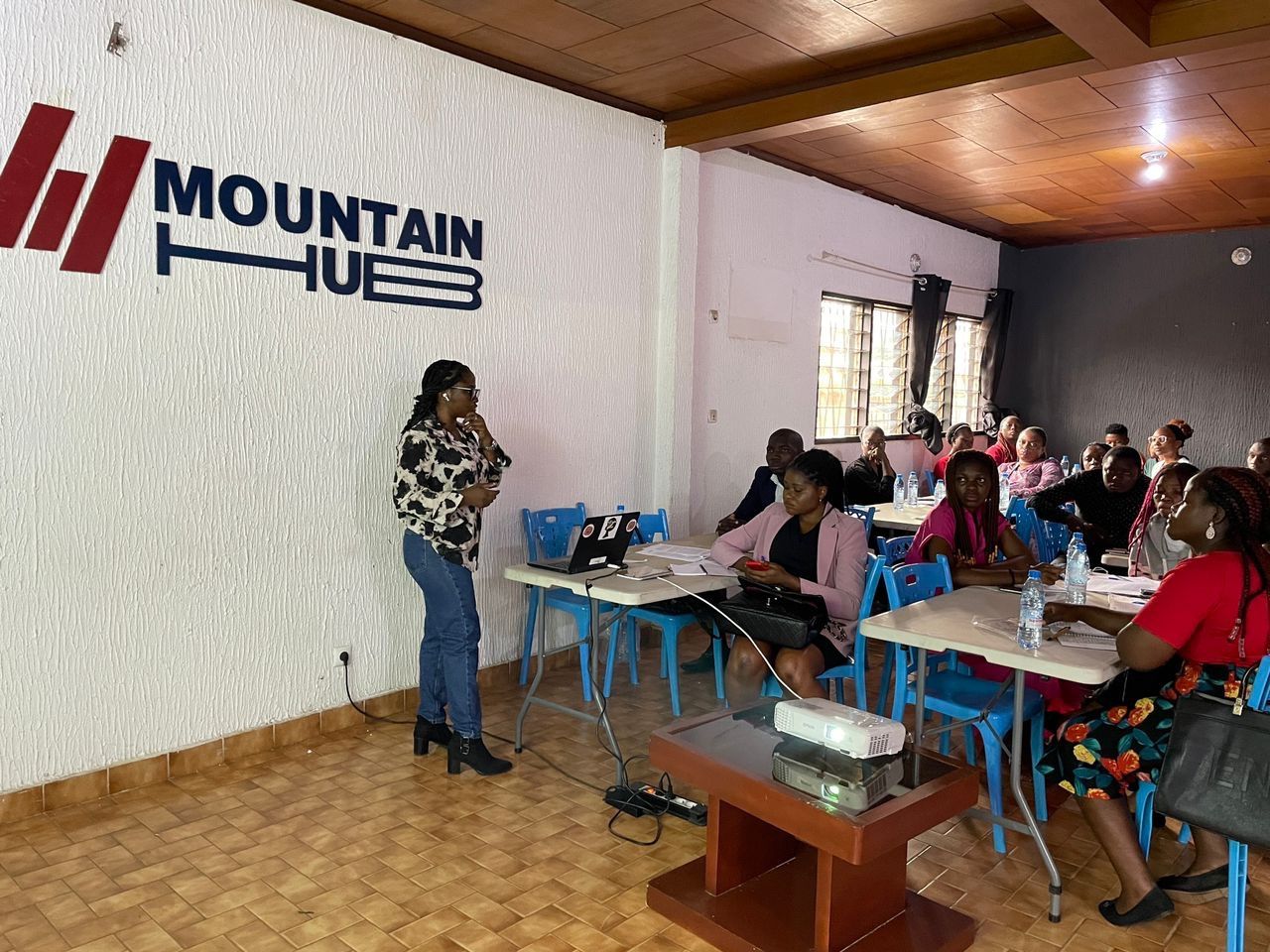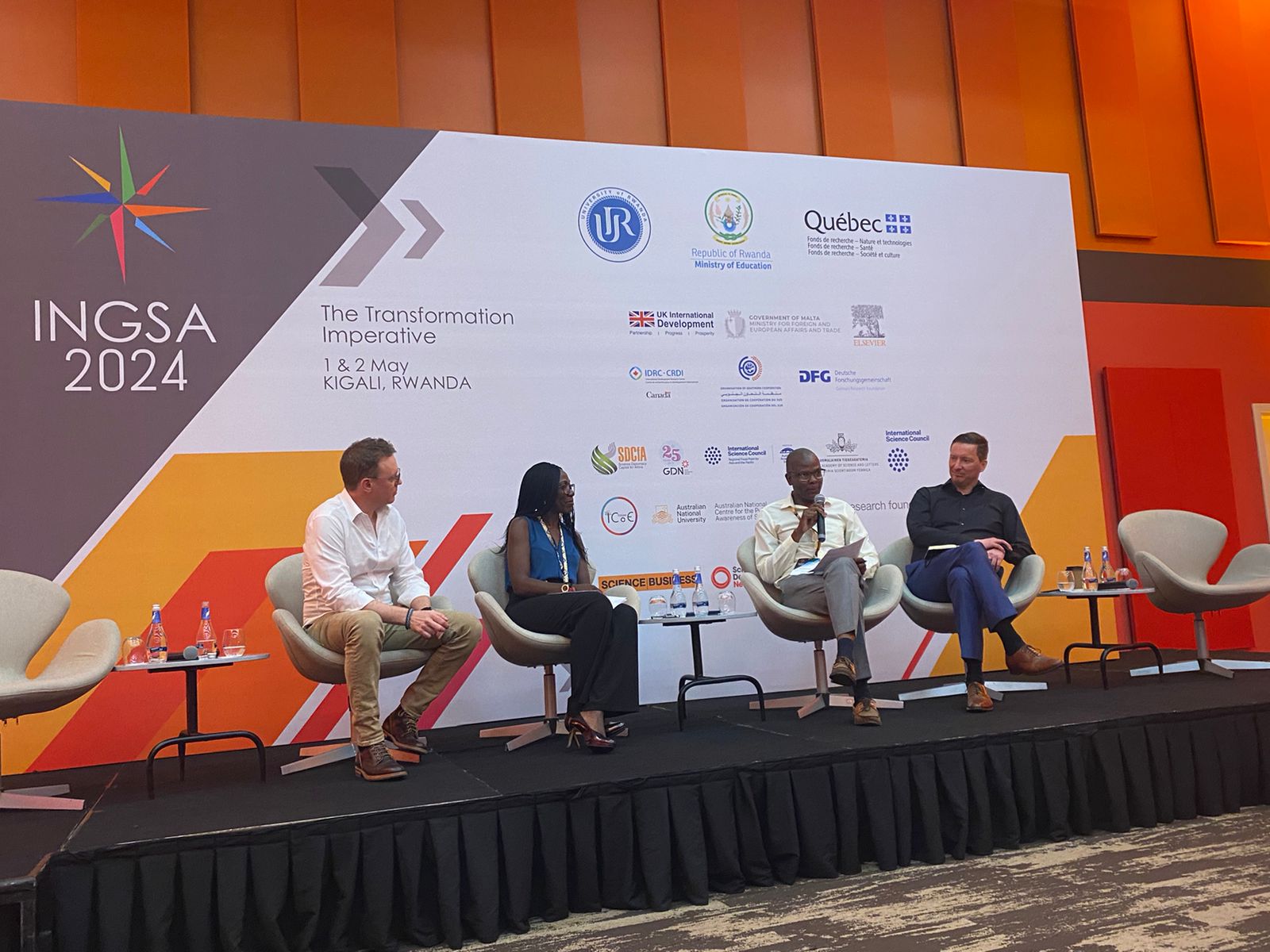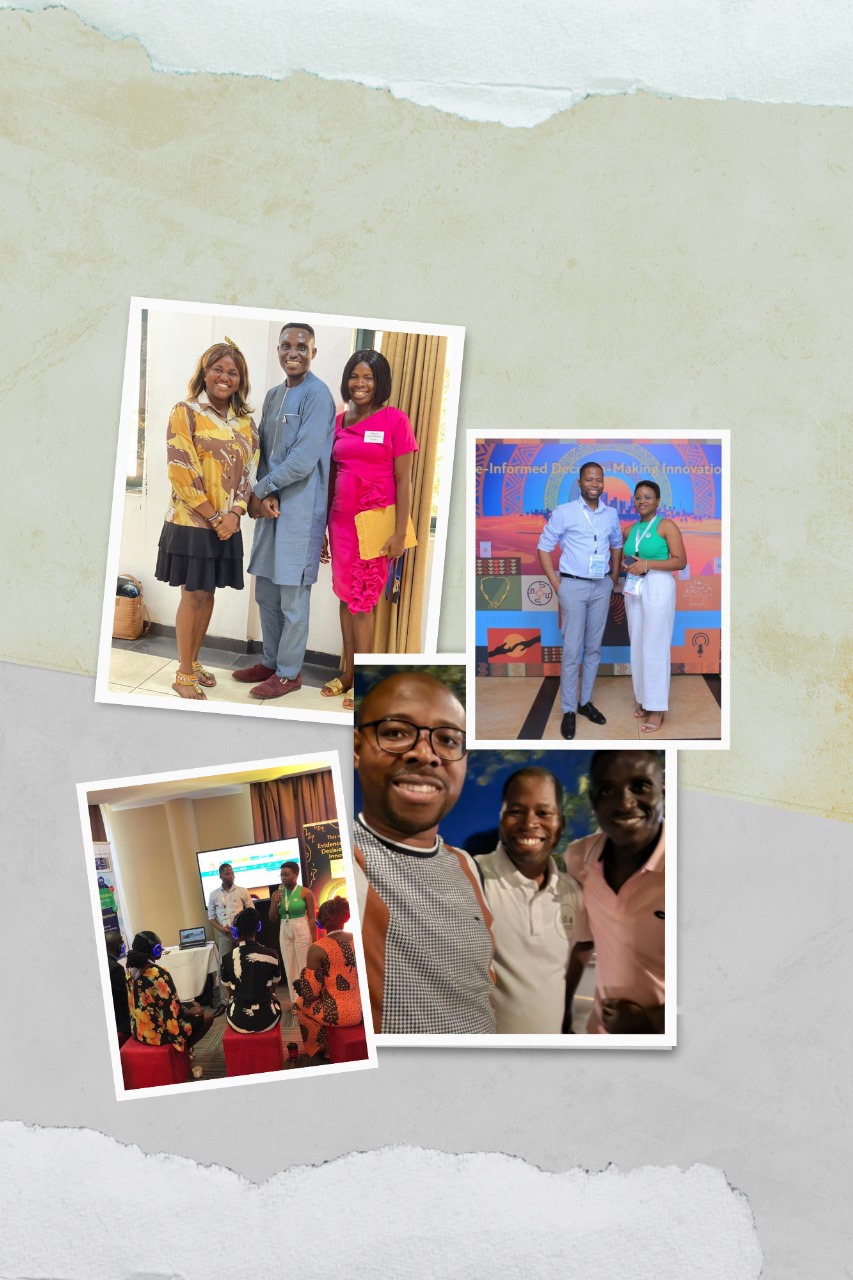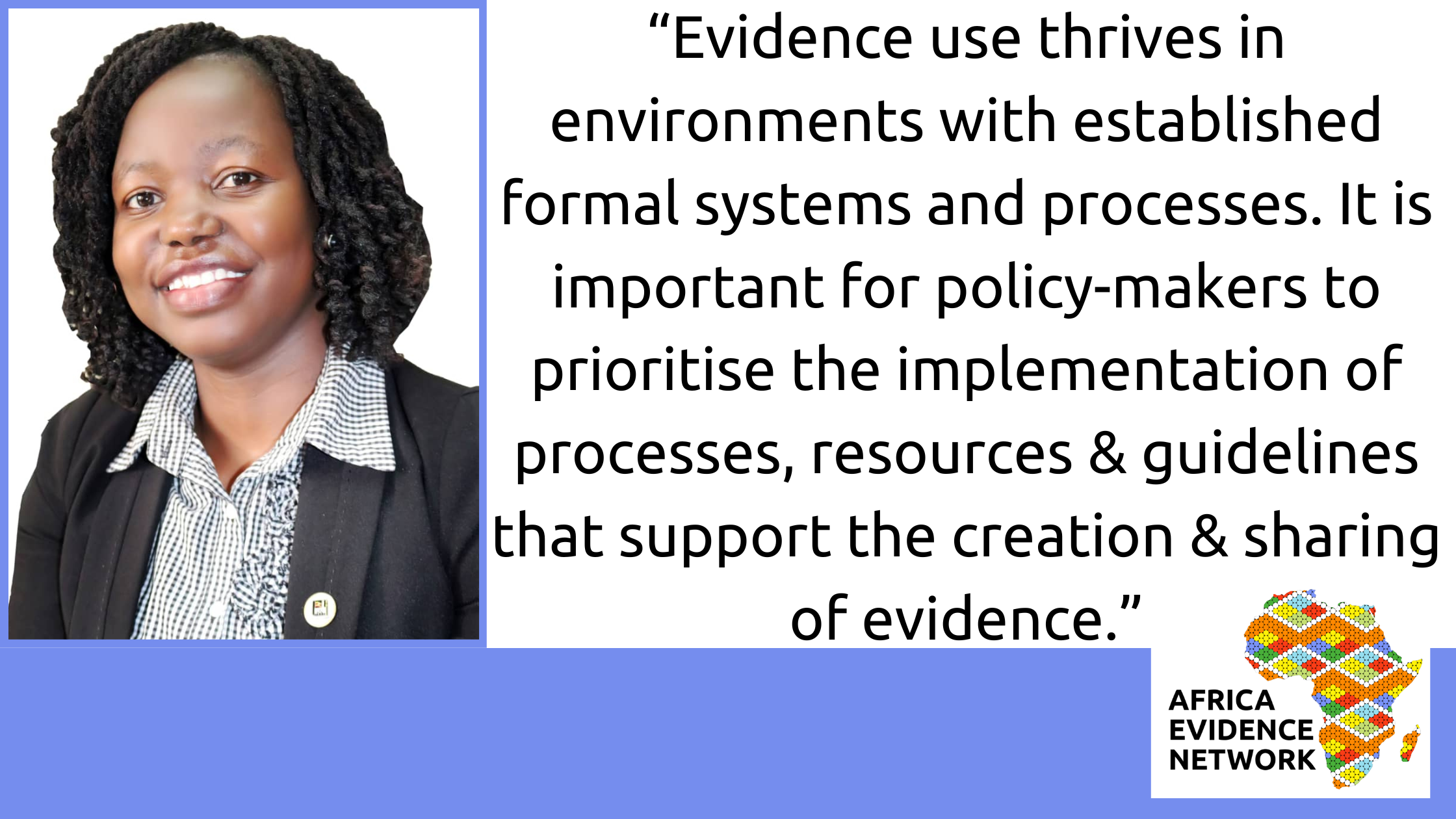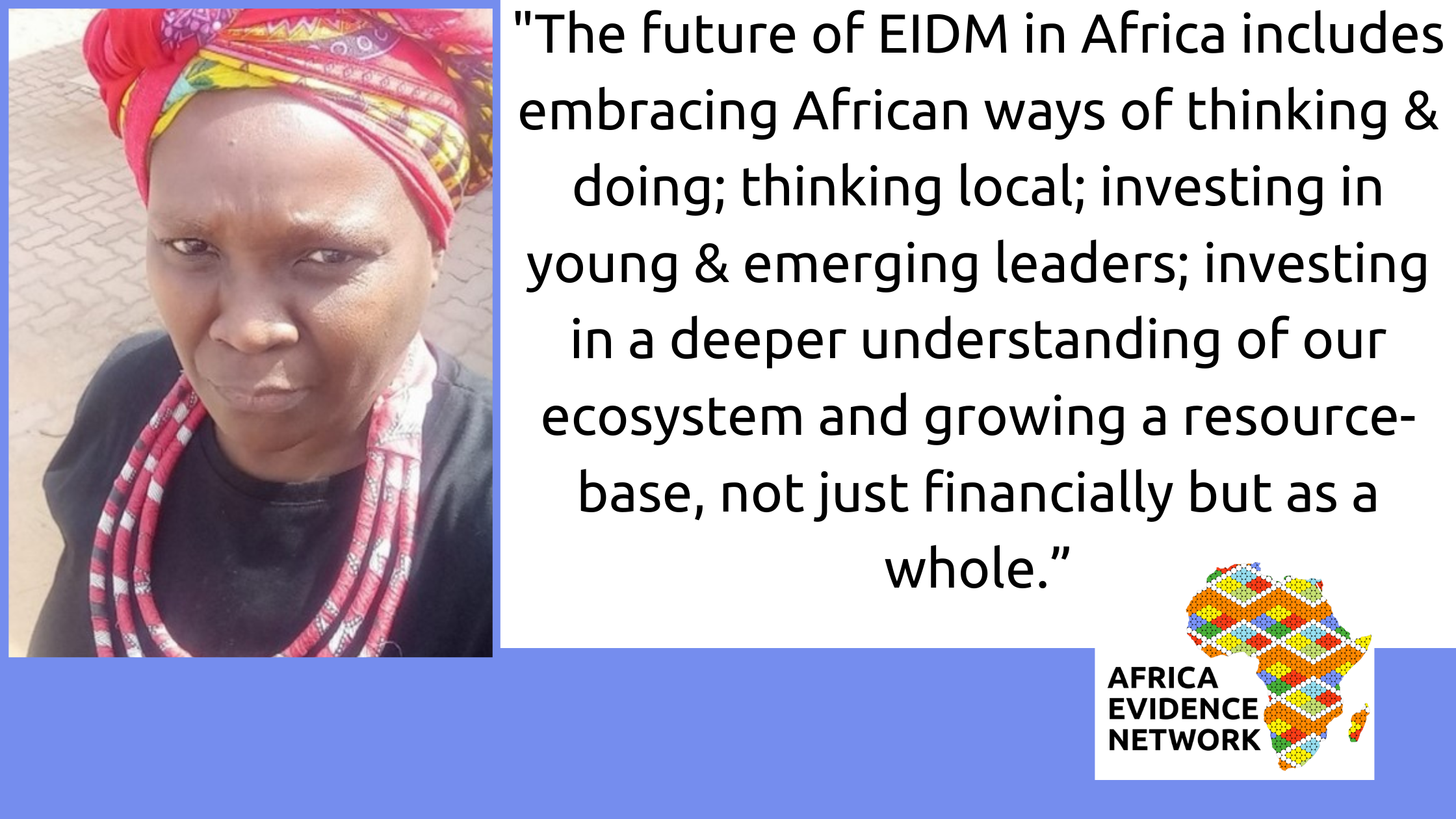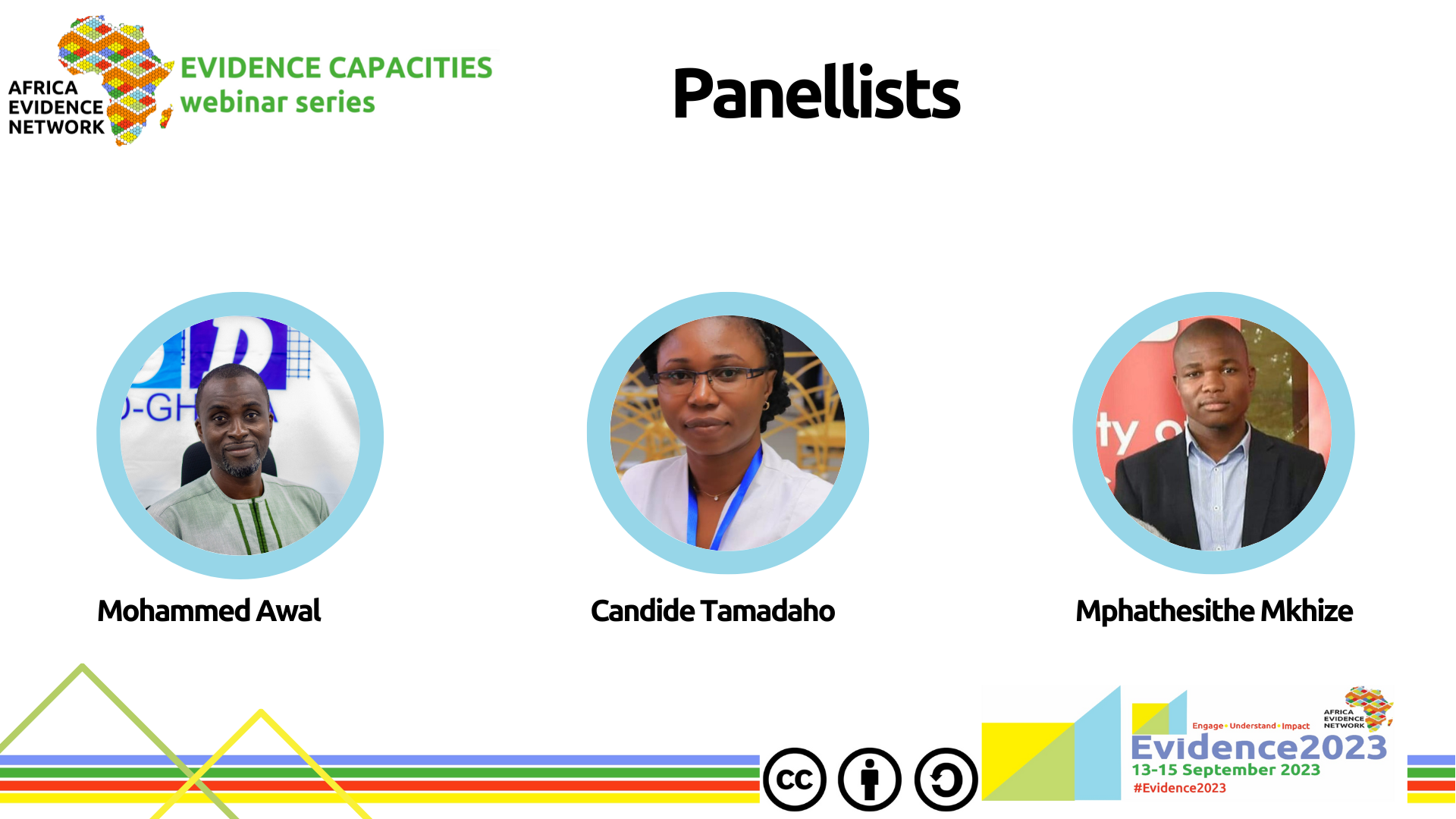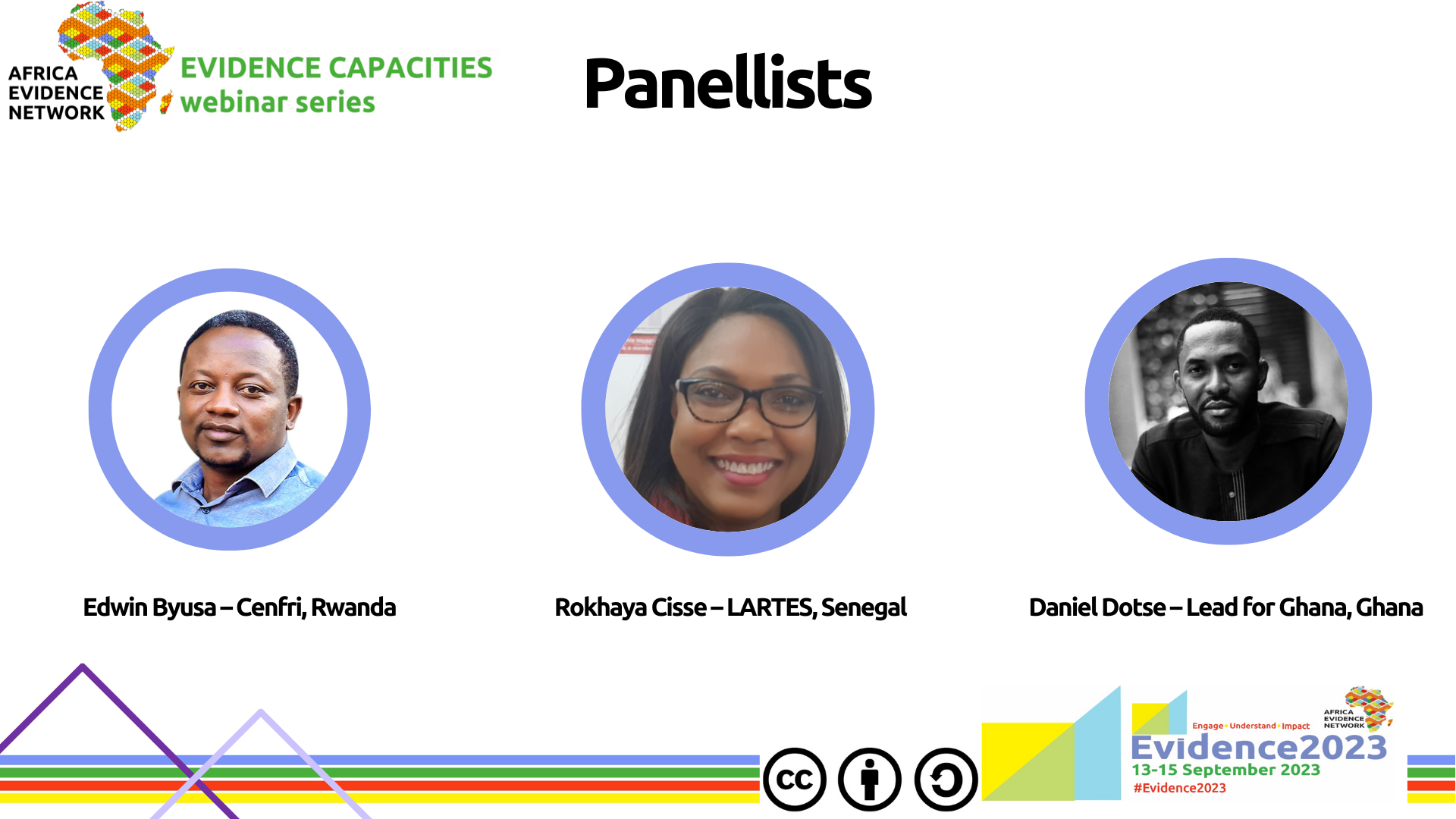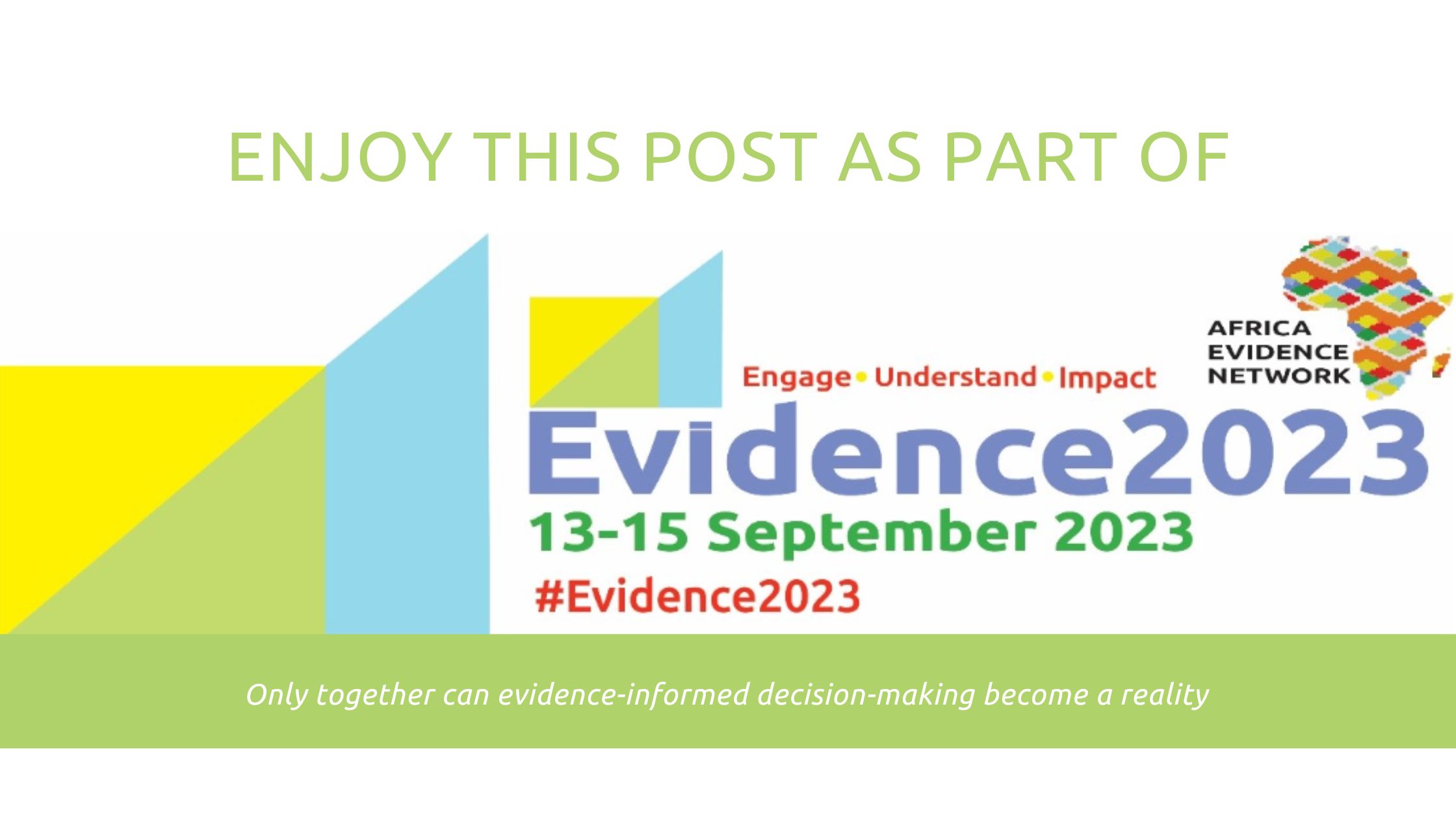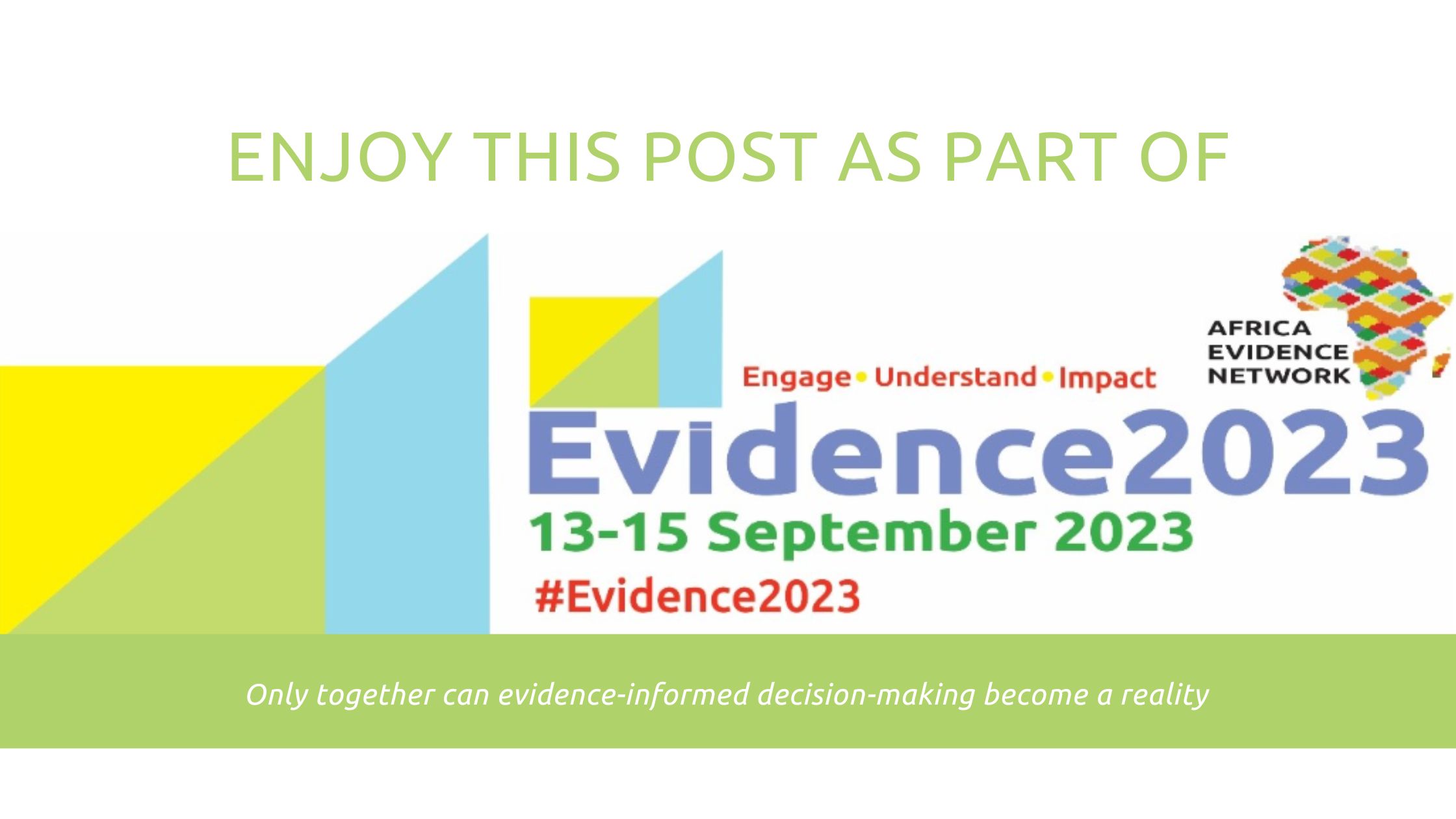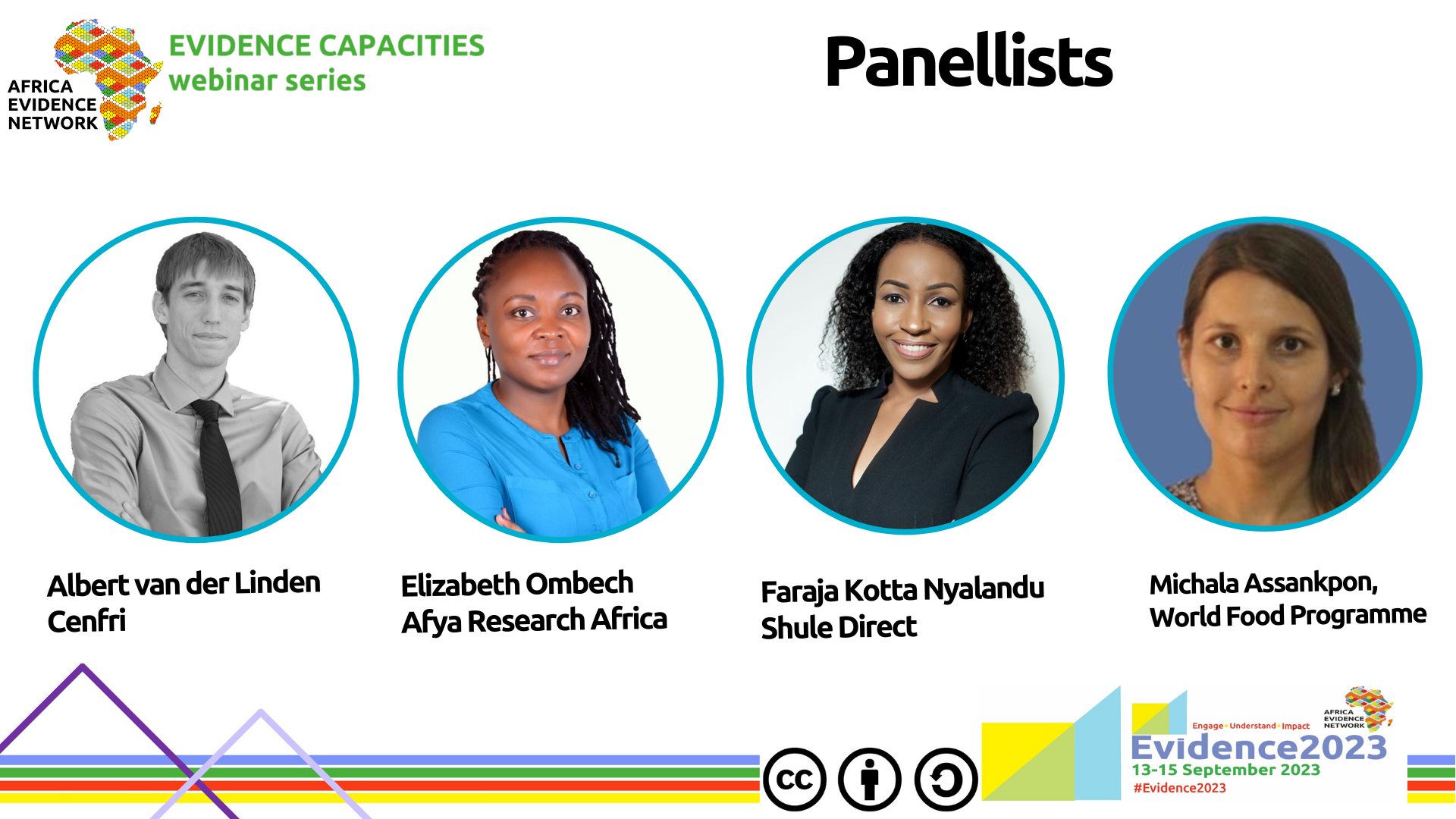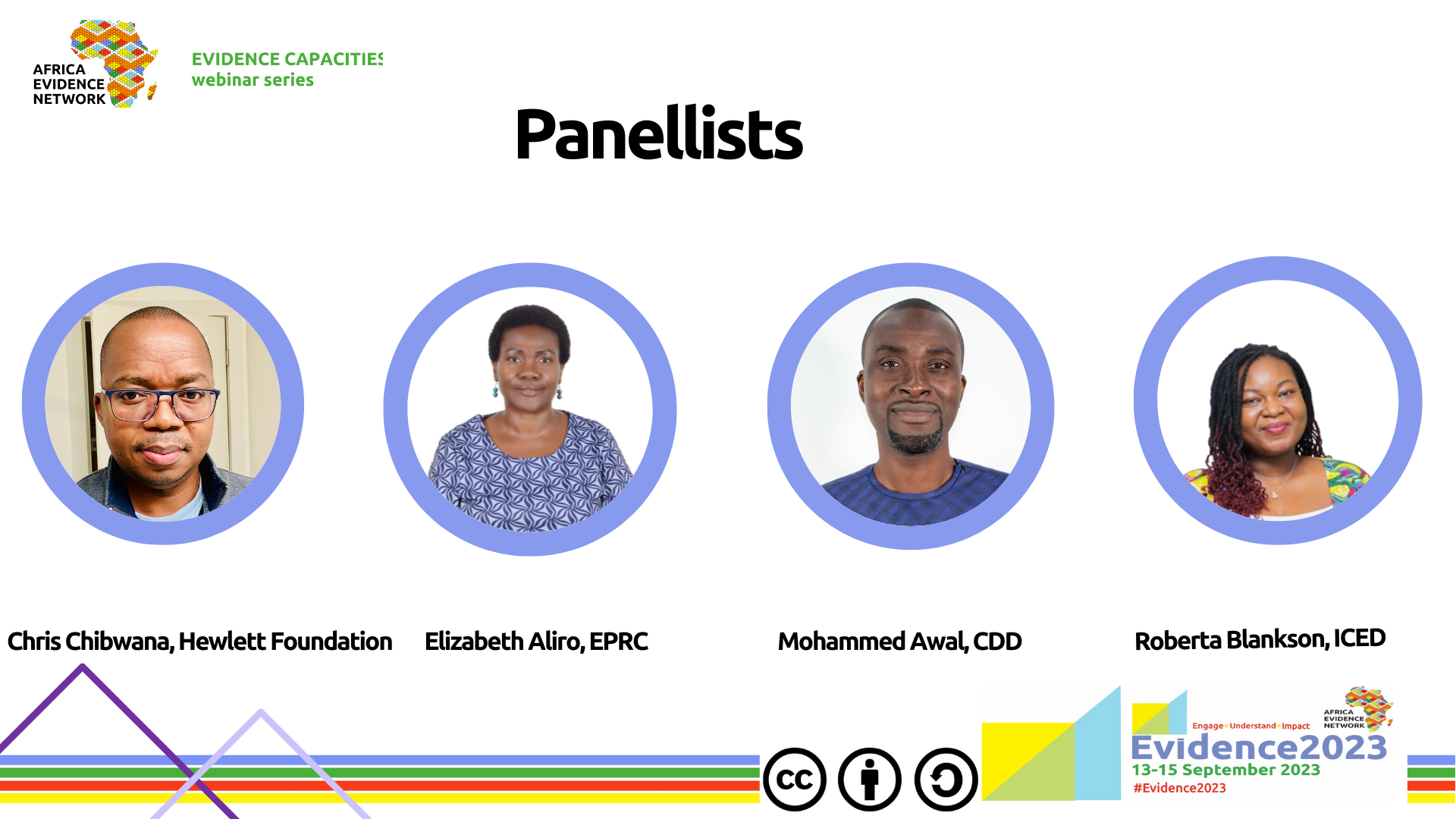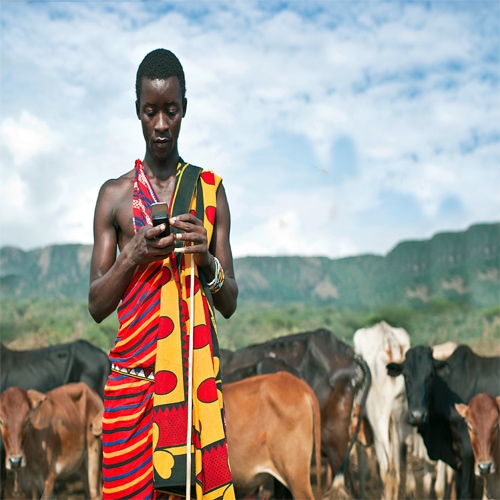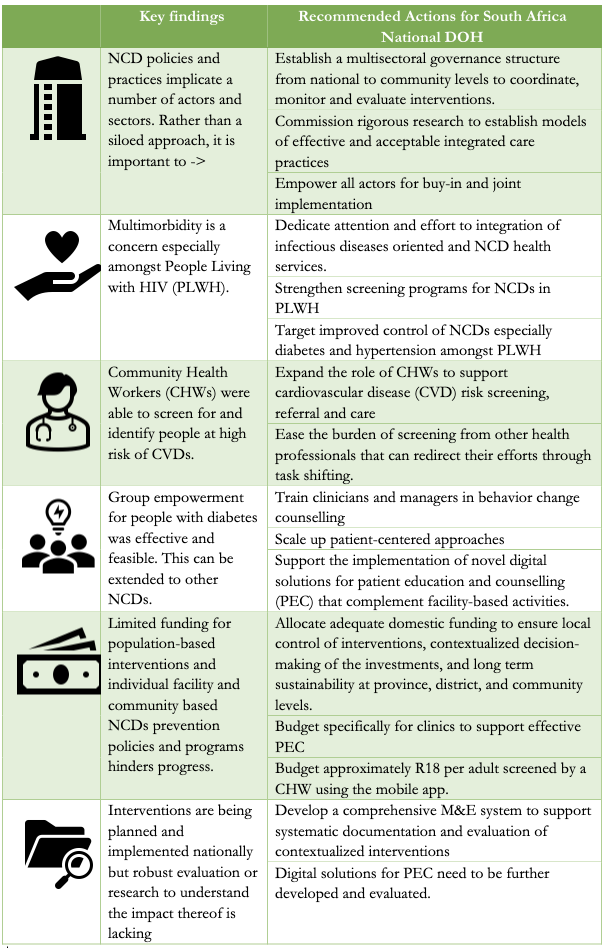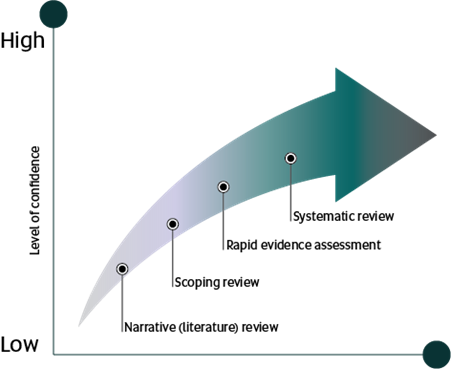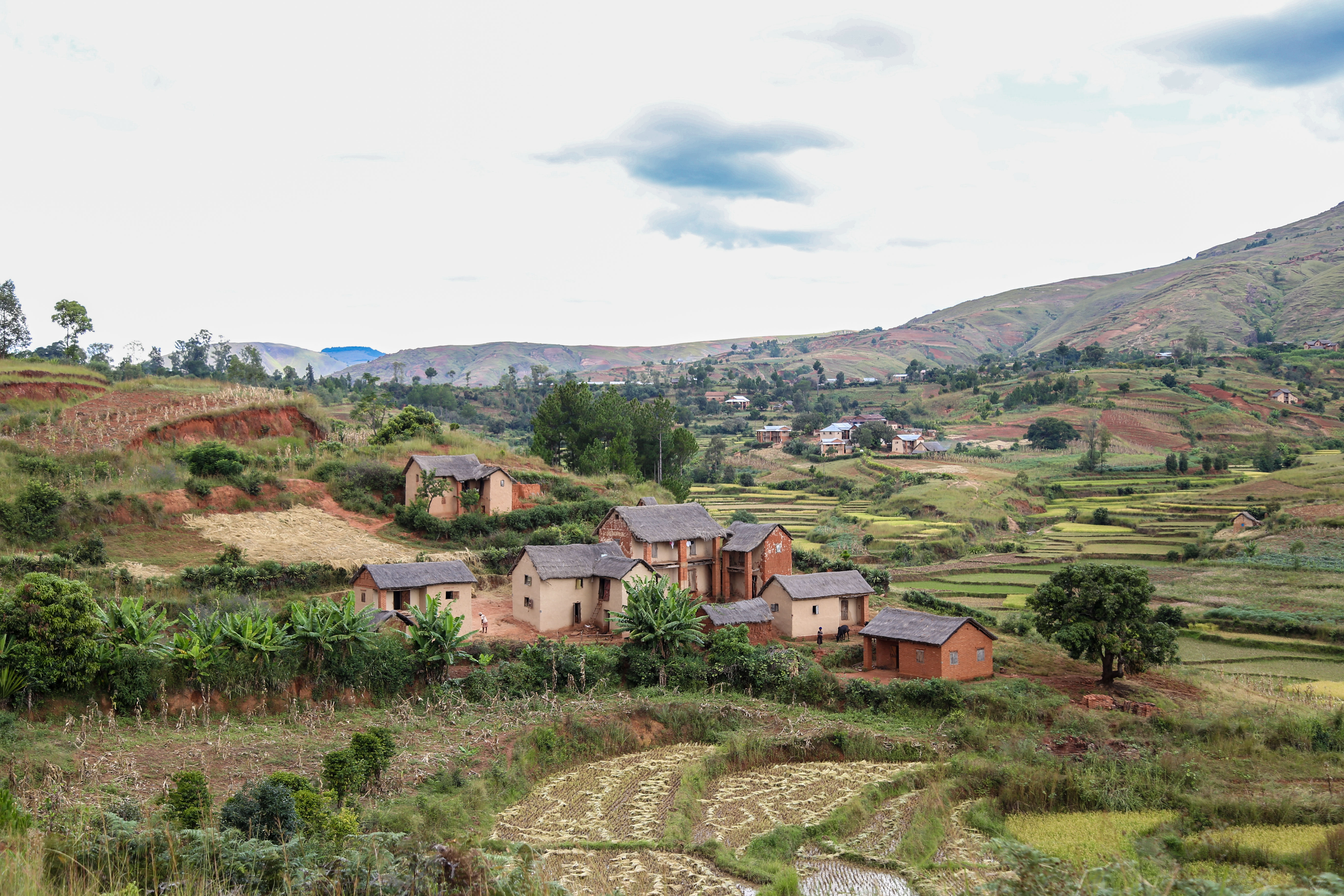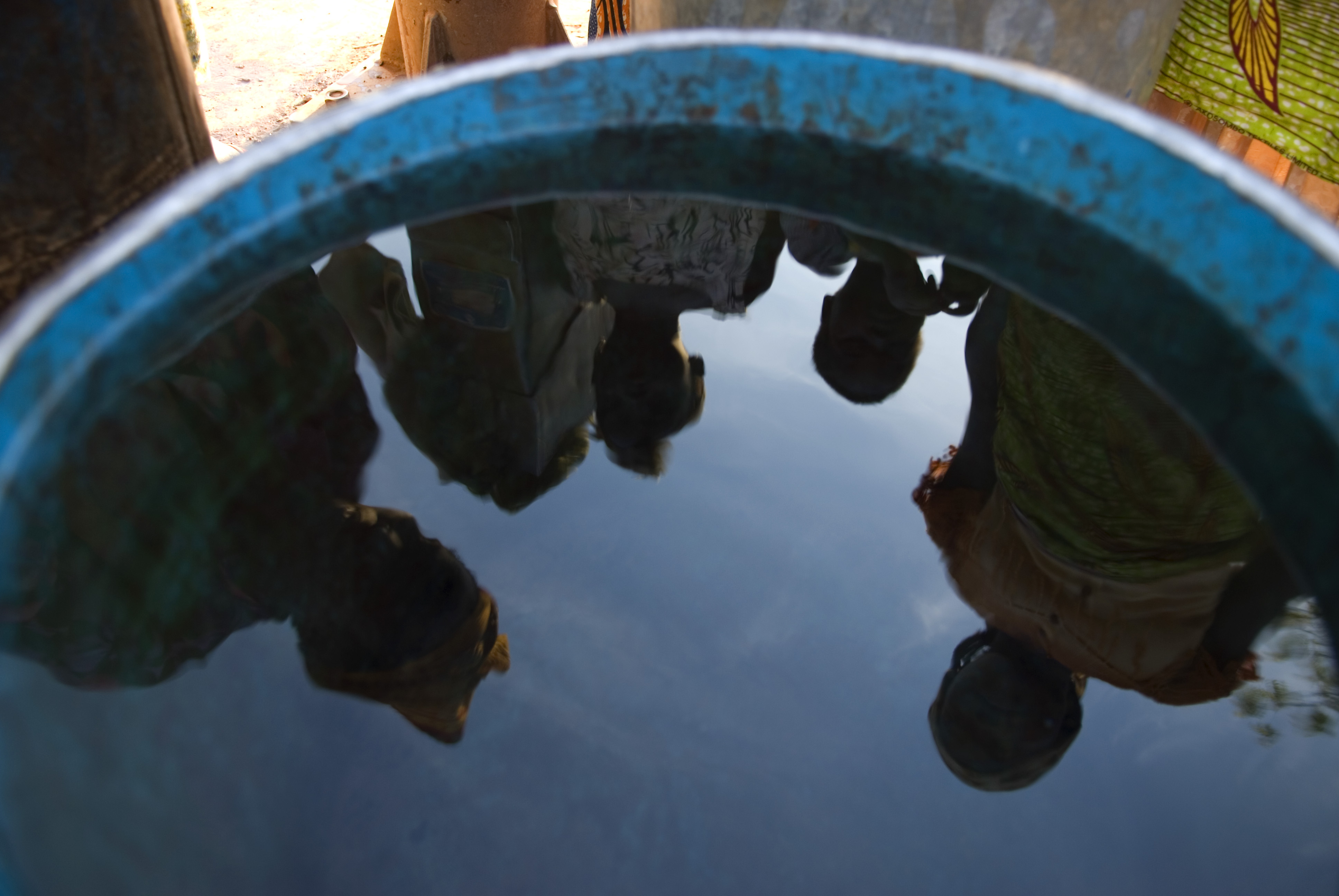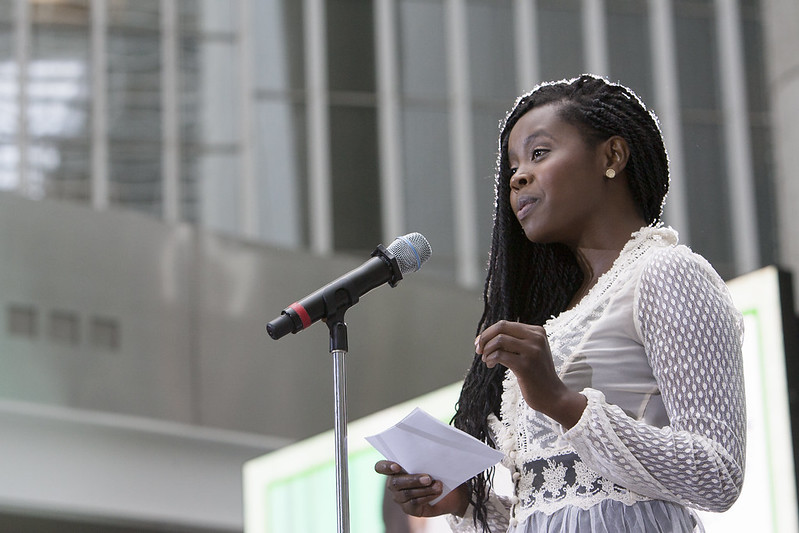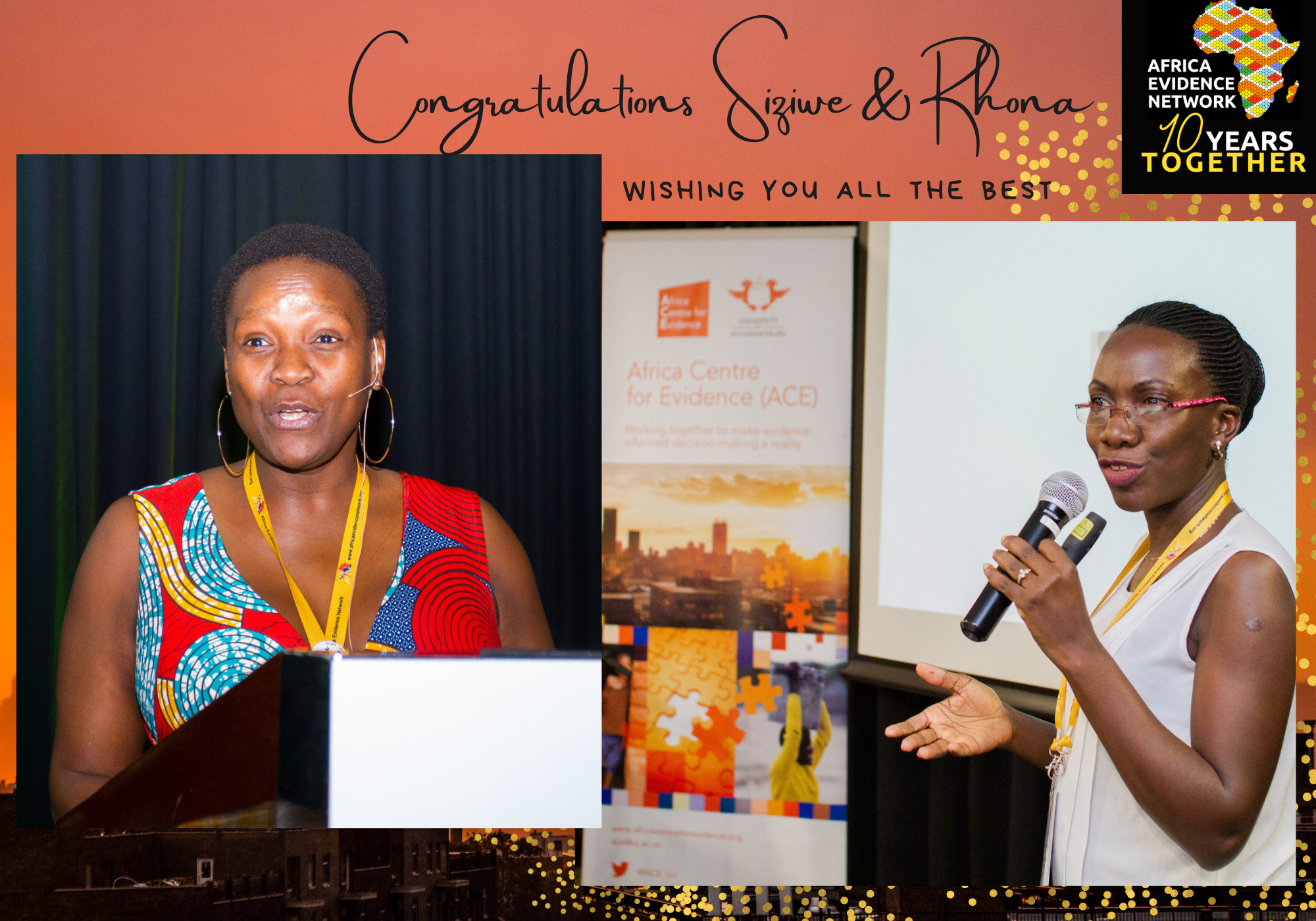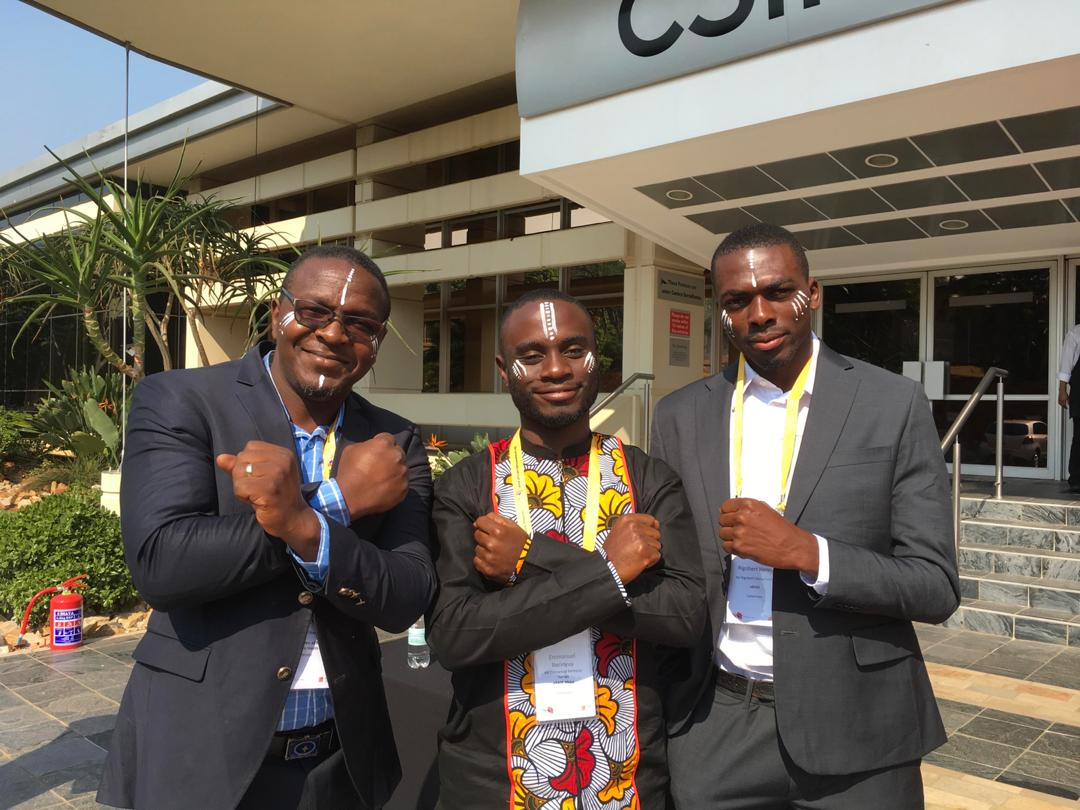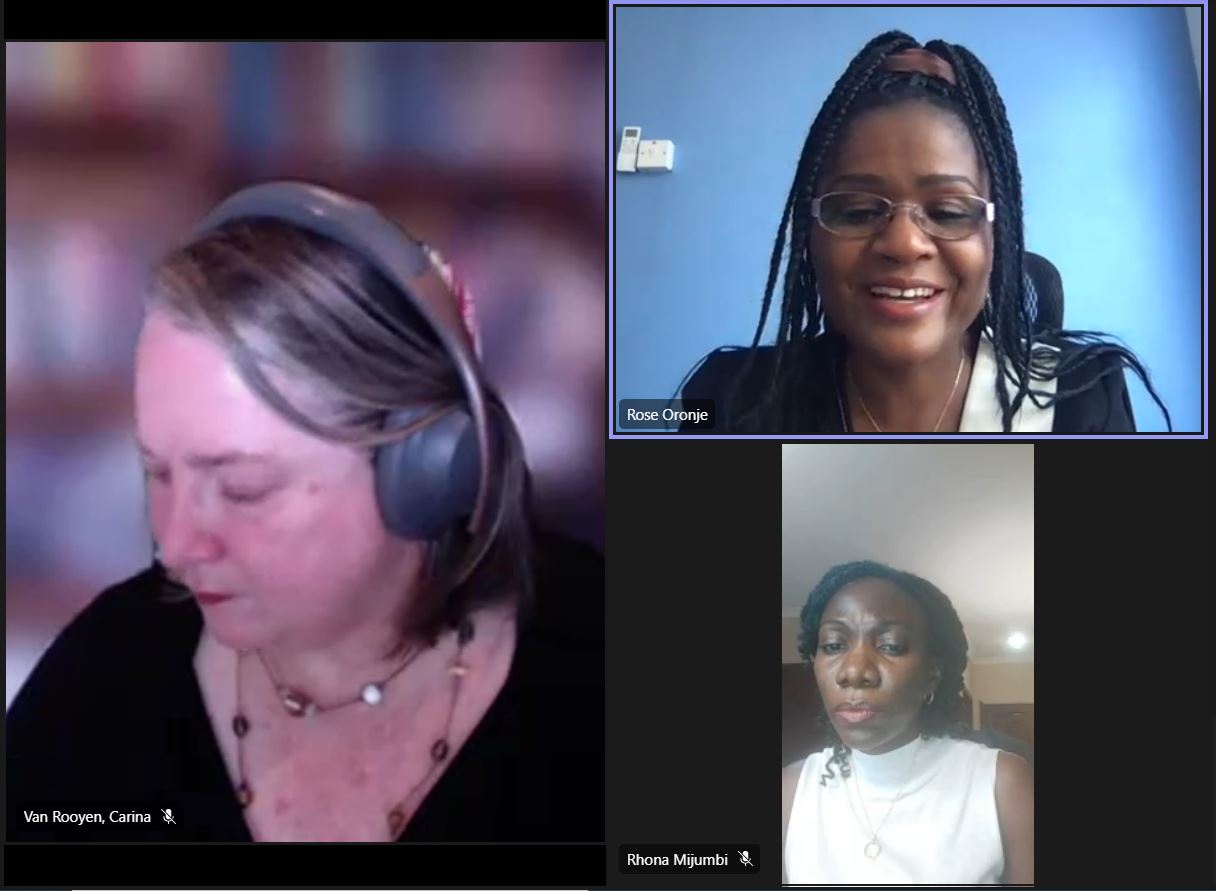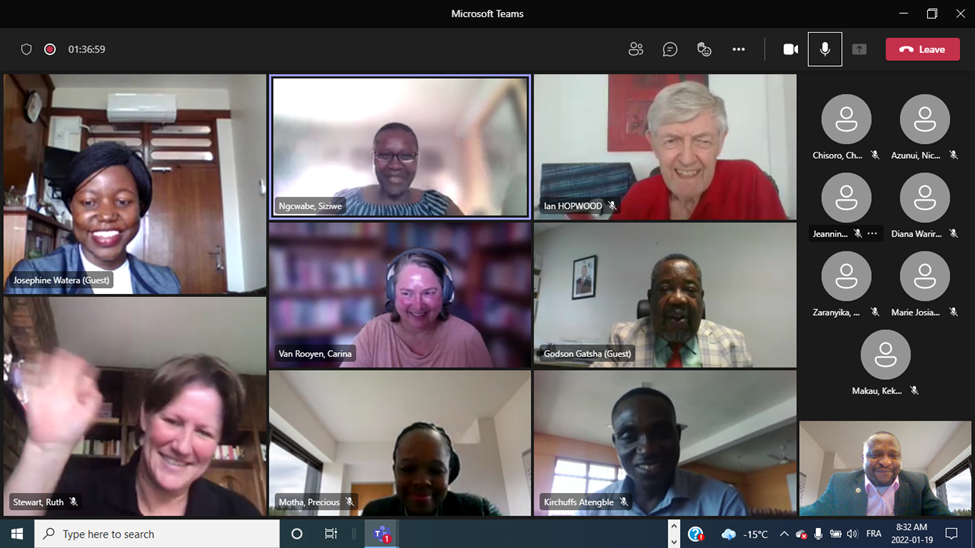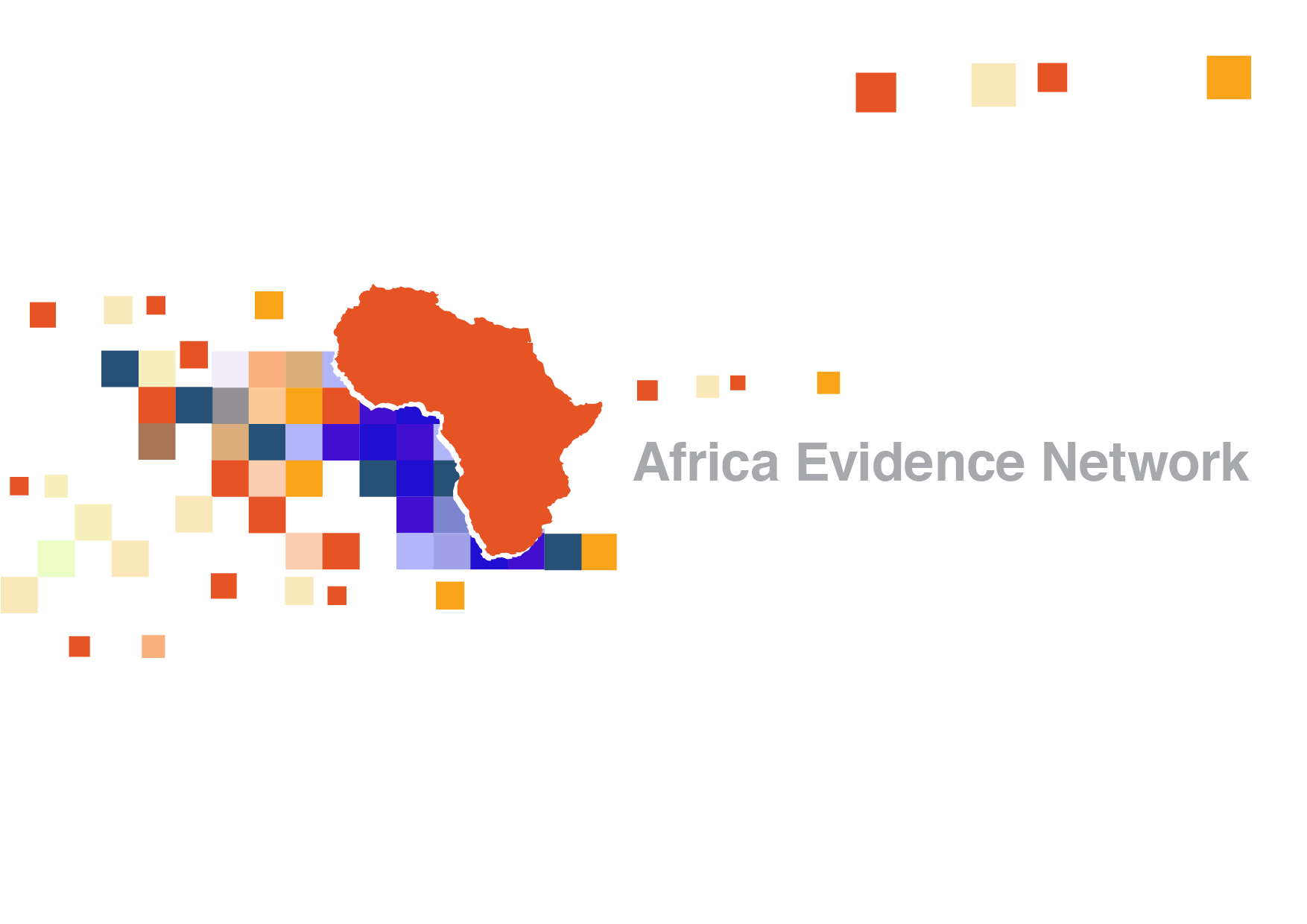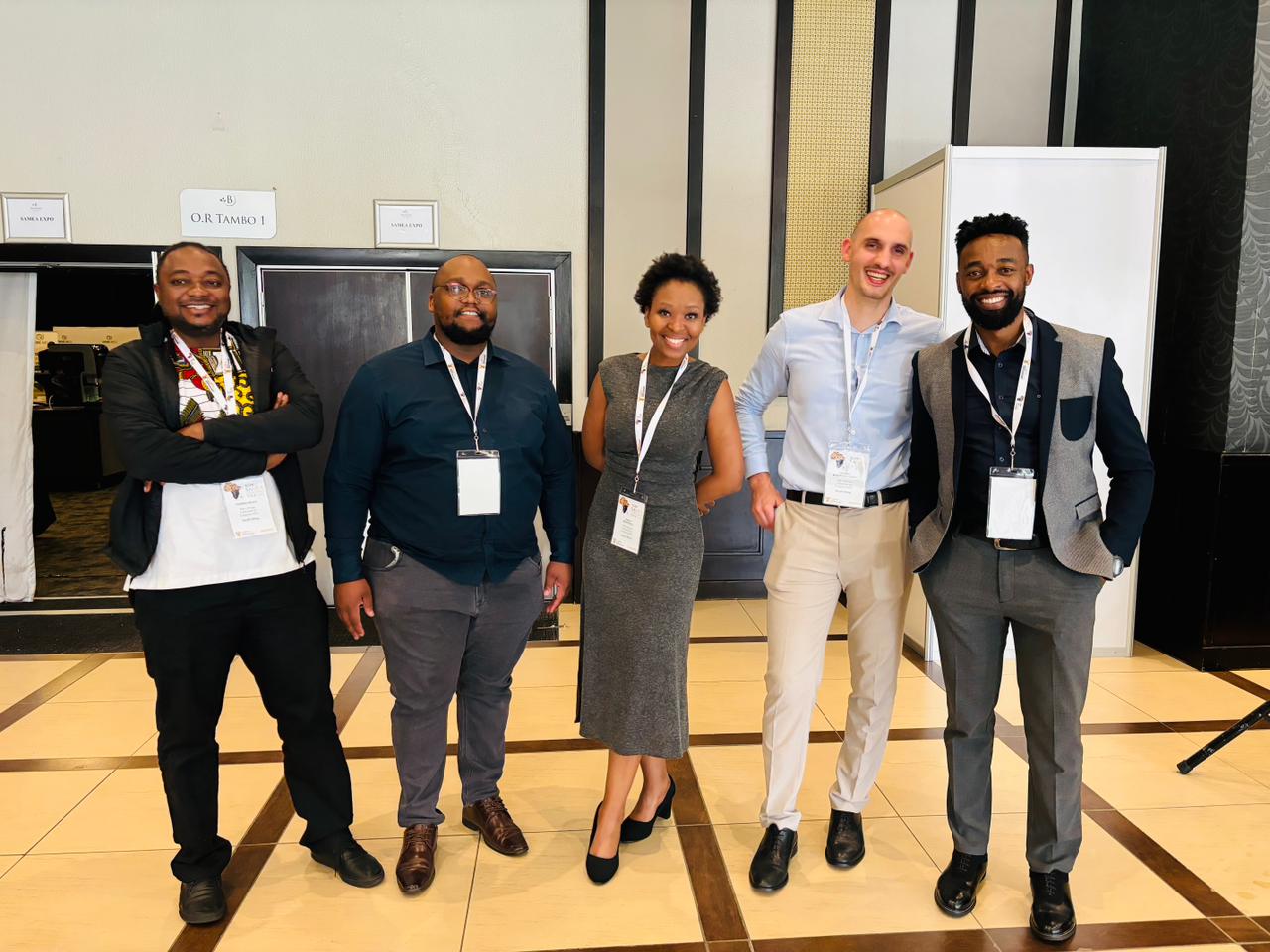
The South African Monitoring and Evaluation Association (SAMEA), alongside the Department of Planning, Monitoring and Evaluation (DPME), co-hosted their highly anticipated 9th Biennial Conference from October 7 to 11, 2024. Held at the lively Birchwood Hotel in Johannesburg, South Africa, this year's theme was as dynamic as the event itself: “Vuca-Vuka! Catalysing Change through Monitoring and Evaluation.” This theme aptly underscored the urgent need for proactive responses to our world’s volatile, uncertain, complex, and ambiguous (VUCA) developmental challenges.
The conference attracted over 500 delegates from South Africa, the African continent and beyond. Attendees were greeted by a vibrant atmosphere, teeming with an eclectic mix of M&E practitioners, government officials, private sector representatives, donors, academicians, development bank institutions, NGOs, and policymakers. These diverse groups convened to glean insights from leading experts and peers, sharing groundbreaking developments in the field of Monitoring and Evaluation (M&E).
The conference was a whirlwind of activities: a meticulously designed programme offered both theoretical insights and practical tools. The days were peppered with keynote speeches, panel discussions, exhibition stands, and engaging breakout/parallel sessions, facilitating a rich exchange of ideas and experiences.
Highlights from day one included the opening plenary session where SAMEA Chair Jen Norins and Deputy Minister of the DPME, Honourable Seiso Mohai set the stage, followed by insightful presentations from esteemed speakers like Dr. Indran Naidoo (presentation title: M&E in the global socio-political landscape) and Mr Ashwani K. Muthoo (presentation title: M&E for Just Transition). A compelling panel discussion on "30 Years of Democracy" further enriched the discourse. Mr Godfrey Mashamba: DDG from the DPME, presented on the 30 Years Review of South Africa’s Democracy (1994-2024) and Mr Peter Shube: Director from Mpumalanga Province, Office of the Premier, presented on the Mpumalanga-30 Years of Democracy Review.
Parallel sessions dove deep into various strands such as "M&E Evidence for Continuous Adaptive Management," "Made in Africa Evaluation,” Competencies of M&E Practitioners,” “M&E for Investing in Impact/Measuring Impact,” “M&E for Just Transition,” “Tech-Enabled MERL,” and “Young Emerging Evaluators.” The unveiling of the Evaluation Evidence Map was a standout moment, showcasing a co-production model that exemplified collaborative efforts between DPME and the Pan-African Collective for Evidence (PACE).
The Evaluation Evidence Map was developed using a co-production model, with Thokozile Molaiwa and Harsha Dayal from DPME collaborating with Laurenz Langer and Promise Nduku from PACE. Additionally, the case study on AI and ChatGPT in M&E was praised as a positive innovation.
The evening of day one was not devoid of excitement either. The Welcome Event, in partnership with the Southern Hemisphere, was a networking gala that set the tone for the conference, fostering meaningful connections and partnerships.
The second and third day, delegates continued to engage in parallel sessions focusing on seven sessions under the following programme strands: session 1: M&E Evidence for Continuous Adaptive Management; session 2: Made in Africa Evaluation; session 3: Competencies of M&E Practitioners; session 4: M&E for Investing in Impact/Measuring Impact; session 5: M&E for Just Transition; session 6: Tech-Enabled MERL; and session 7: Young Emerging Evaluators.
Notable moments from days two and three featured the unveiling of the Competency Self-Assessment Tool to strengthen M&E practitioners, discussions on the evolving non-profit sector landscape and digitalization of M&E, the Futures Thinking co-creation session on M&E's role in tackling the polycrisis, and a deep dive into decolonizing evaluations across Africa. Delegates were urged to reflect on what decolonized national evaluation systems would look like.
The fourth and final days, was dedicated to workshops, offered hands-on experiences on topics ranging from "From M&E to IMM,” “Mastering Virtual Evaluation,” “Equity x Design x Impact. Africa,” “Exploring a storytelling framework approach,” “Using AI-based approaches (LLMs and NLP) and digital audience segmentation for design and MERL of social and behaviour change (SBC) interventions,” “Skills and processes for participatory program design, monitoring, evaluation and learning,” “Exploring programme design and evaluation with an intersectional lens,” “Systems Thinking – An essential perspective, language and set of tools every evaluator should command,” to "Introduction to Social Impact Monitoring and Evaluation."
Attending the SAMEA 9th Biennial Conference was indeed a transformative experience. Key takeaways included:
- the paramount importance of adaptability in M&E approaches,
- the value of community engagement,
- the necessity of leveraging technology,
- fostering collaboration,
- advocating for policy changes, and
- the commitment to continuous learning.
This conference not only highlighted the pressing need for innovative M&E approaches in a VUCA world but also underscored the collective resolve of the South African M&E community to drive impactful change through knowledge sharing and collaboration.
About the author: Jan Magoro is currently a Monitoring, Evaluation, and Learning (MEL) consultant at the Pan-African Collective for Evidence (PACE). He boasts a rich career in regulatory and policy research, with roles at Access Partnership as Policy Manager: Emerging Markets, Director for Research and Policy Development in the Gauteng Office of the Premier, Senior Policy Analyst in The Presidency (RSA), and Senior Specialist for Socio-economic Impact Assessment System (SEIAS) in the Department of Planning, Monitoring and Evaluation. At the Department of Trade and Industry, Jan served as both Assistant Director and Deputy Director, and also served as an Academic Associate at the University of Pretoria. He holds an MPhil in Public Policy attained from the University of Pretoria.
Acknowledgements: The author(s) is solely responsible for the content of this article, including all errors or omissions; acknowledgements do not imply endorsement of the content. The author is grateful to Charity Chisoro for her guidance in preparing and finalising this article, as well as her editorial support.
Disclaimer: The views expressed in published blog posts, as well as any errors or omissions, are the sole responsibility of the author/s and do not represent the views of the Africa Evidence Network, its secretariat, advisory or reference groups, or its funders; nor does it imply endorsement by the afore-mentioned parties.
Suggested citation: Magoro J (2024) Reflections from SAMEA’s 9th Biennial Conference. Blog posting on 17 October. Available at https://www.africaevidencenetwork.org/en/learning-space/article/369/
